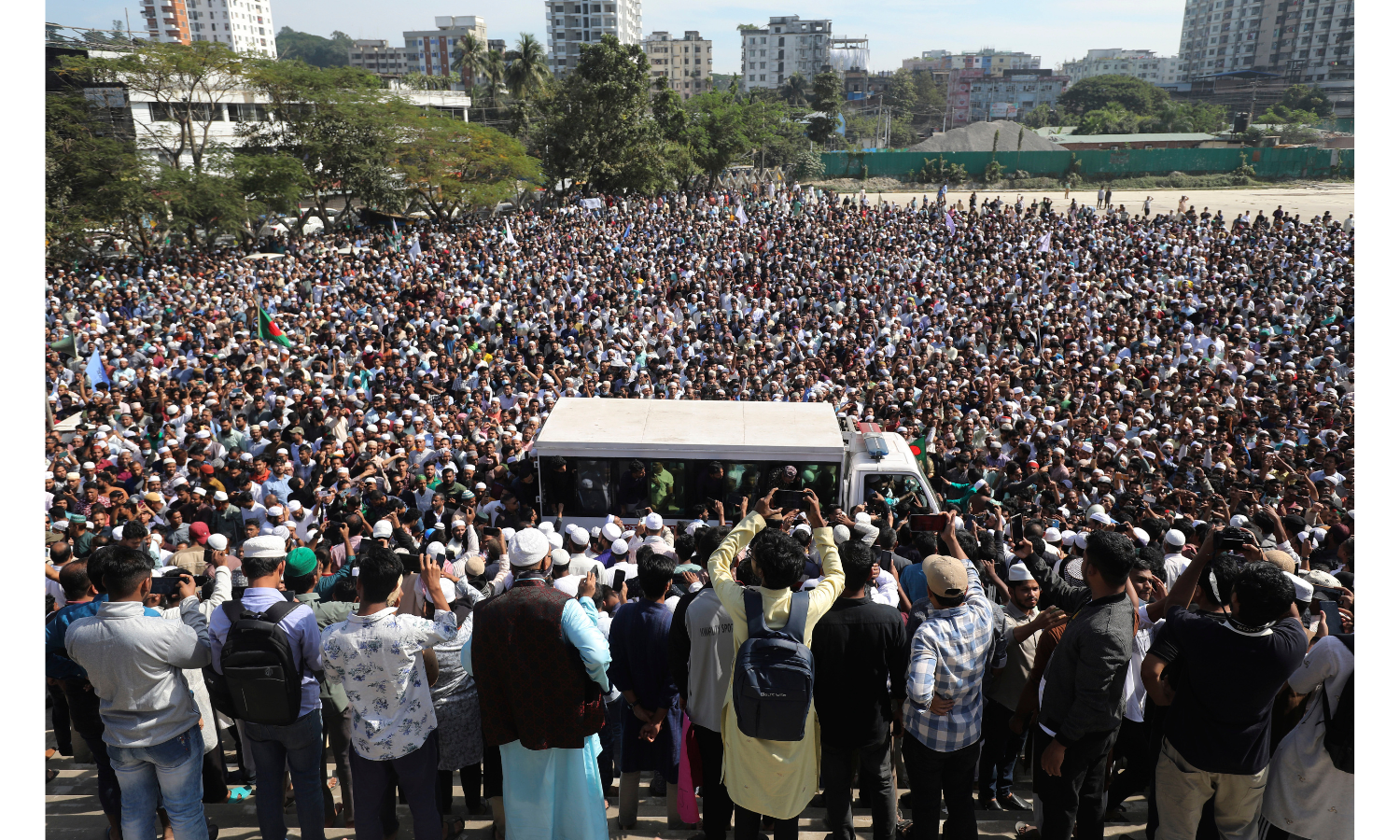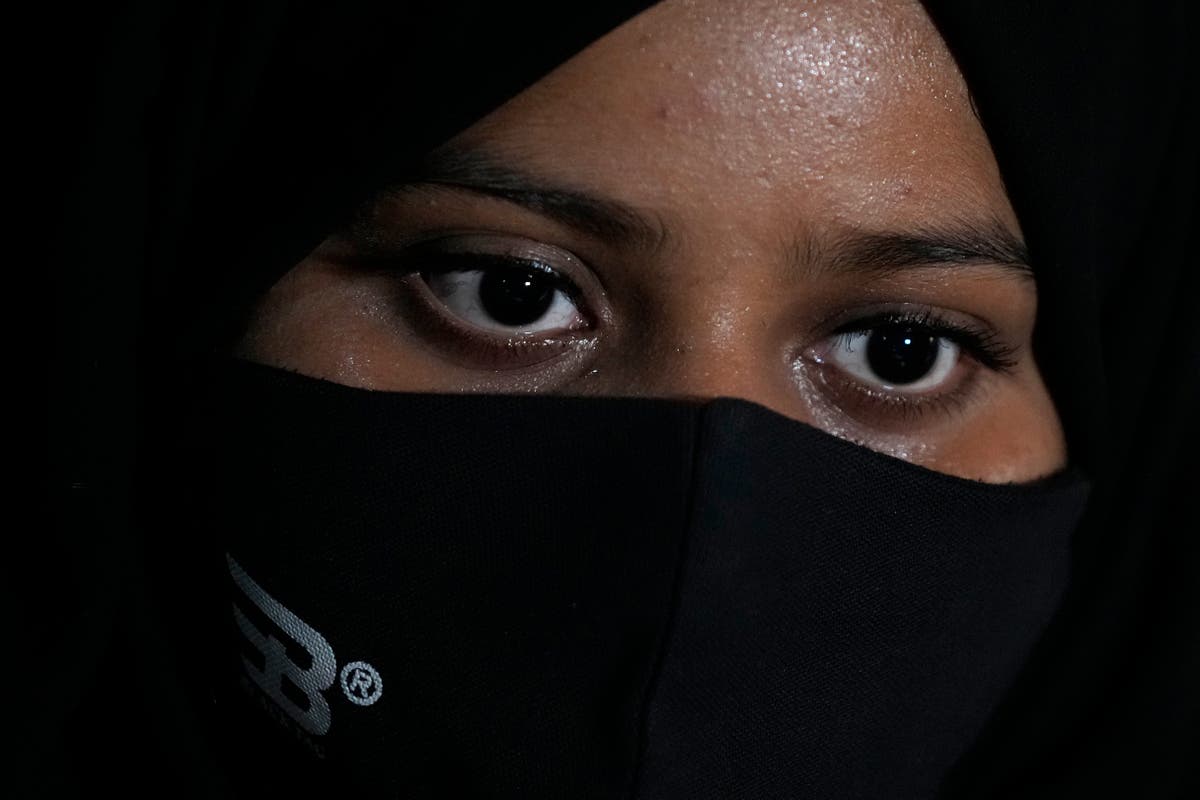
Hijab bans deepen Hindu-Muslim fault lines in Indian state
The IndependentGet Nadine White's Race Report newsletter for a fresh perspective on the week's news Get our free newsletter from The Independent's Race Correspondent Get our free newsletter from The Independent's Race Correspondent SIGN UP I would like to be emailed about offers, events and updates from The Independent. And right now what they’re doing is taking away my identity from me.” She's one of countless Muslim students in Karnataka who have found themselves thrust into the center of a stormy debate about banning the hijab in schools and the Islamic head coverings' place in this Hindu-majority but constitutionally secular nation. It then slapped a statewide ban on the hijab in classes, saying “religious clothing” in government-run schools “disturbs equality, integrity and public law and order.” Some students gave in and attended with their heads uncovered. Today she enjoys the privacy it affords and the sense of religious pride it conveys: “It makes me confident.” Ayesha Imtiaz, another student barred from school, said she wears it as a token of devotion to Islam but acknowledged that opinions vary even among Muslim women. Manavi Atri, a human rights lawyer based in Bengaluru, the capital of Karnataka, said the hijab ban is among many assaults on expressions of Muslim identity in India today, violates principles of state neutrality on religious matters, and inflates an “us-versus-them philosophy” in a country already riven by sectarian divisions.
History of this topic

Fact Check: Hindu woman beaten for not wearing Hijab on Bangladesh? Here's the truth
India Today
Fact Check: Hindu woman beaten for not wearing Hijab on Bangladesh beach? Here's the truth
India Today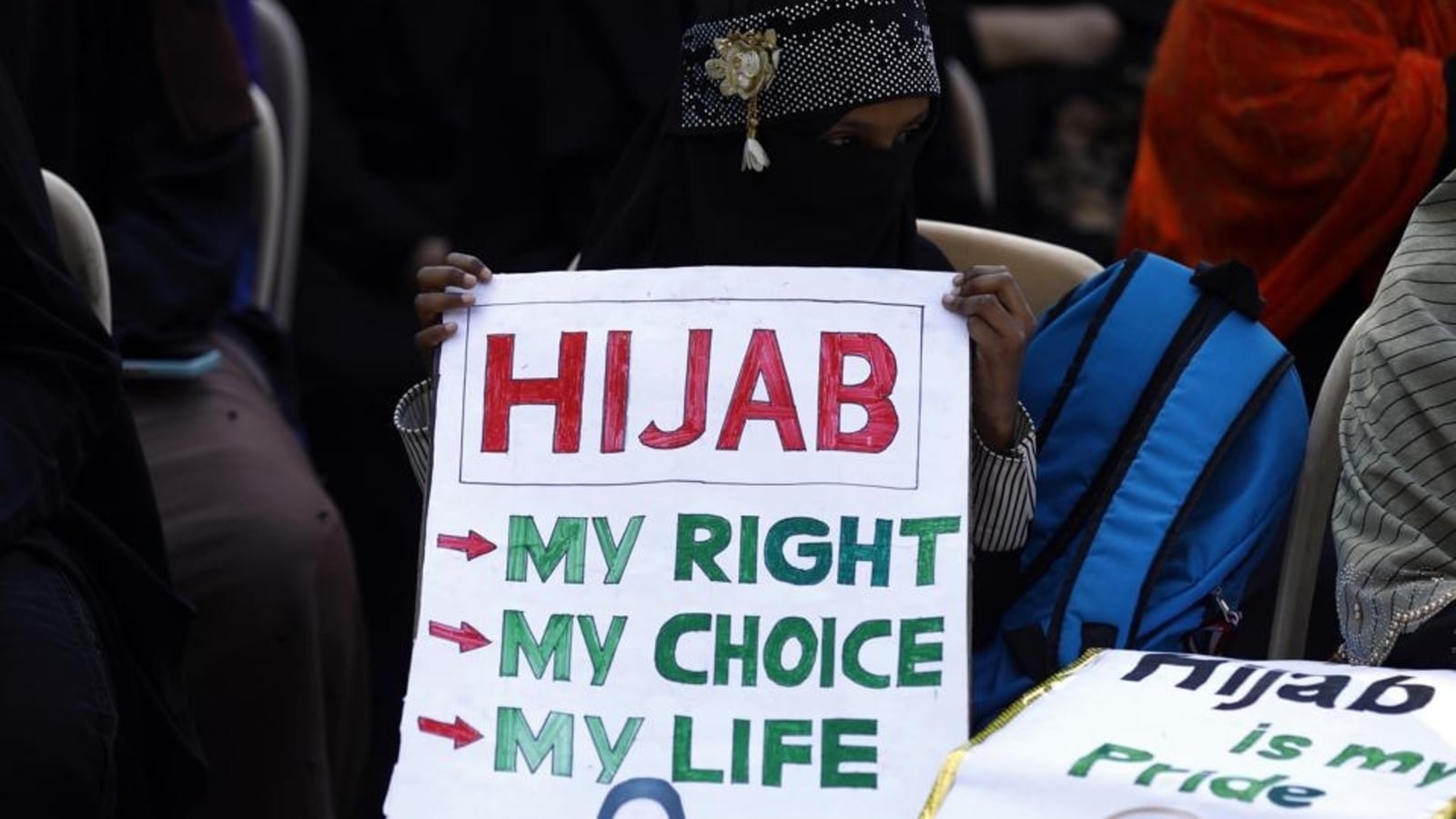
Hijab row: Indirect discrimination at the centre of the ongoing legal tangle
Hindustan Times
Supreme Court stays Maharashtra college directive prohibiting hijab on campus
The Hindu
Supreme Court Stays Hijab Ban Imposed By Mumbai Private College
Live Law
Judge the use of veil as a cultural practice
Hindustan Times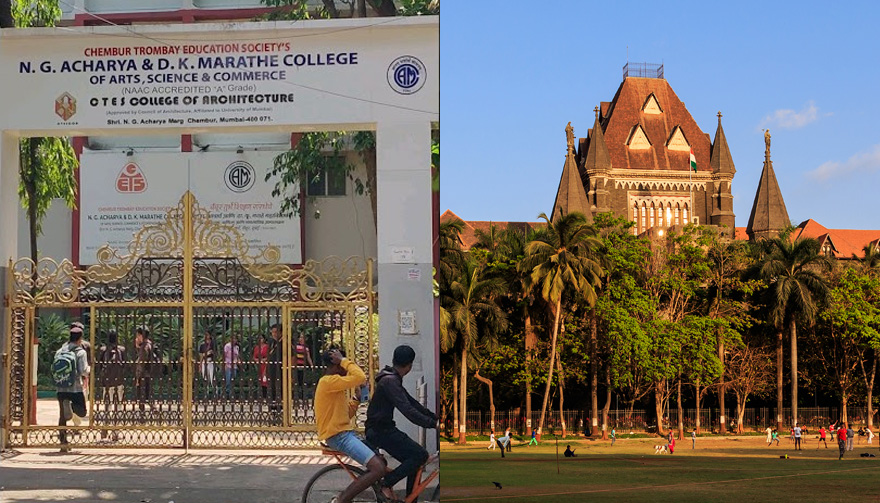
Bombay High Court upholds hijab ban decision of a city college
Op India
High Court refuses to interfere in hijab ban decision of Mumbai college
Hindustan Times
Breaking | Bombay High Court Dismisses Plea Against Hijab Ban By Mumbai's NG Acharya & DK Marathe College Authorities
Live Law
Hijab ban part of dress code, not against Muslims, Mumbai college tells HC
Hindustan Times
Kolkata teacher resigns over alleged hijab ban, university issues clarification
Hindustan Times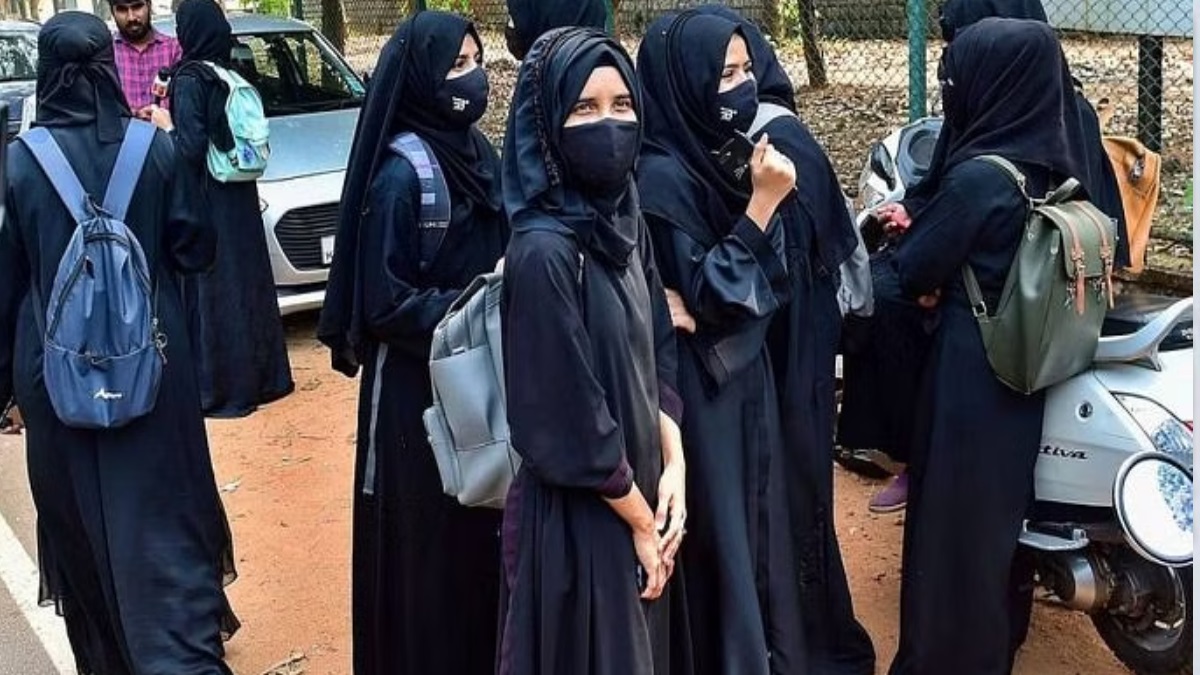
Gujarat: Muslim students asked to remove hijab before board exam, action against principal after outrage
India TV News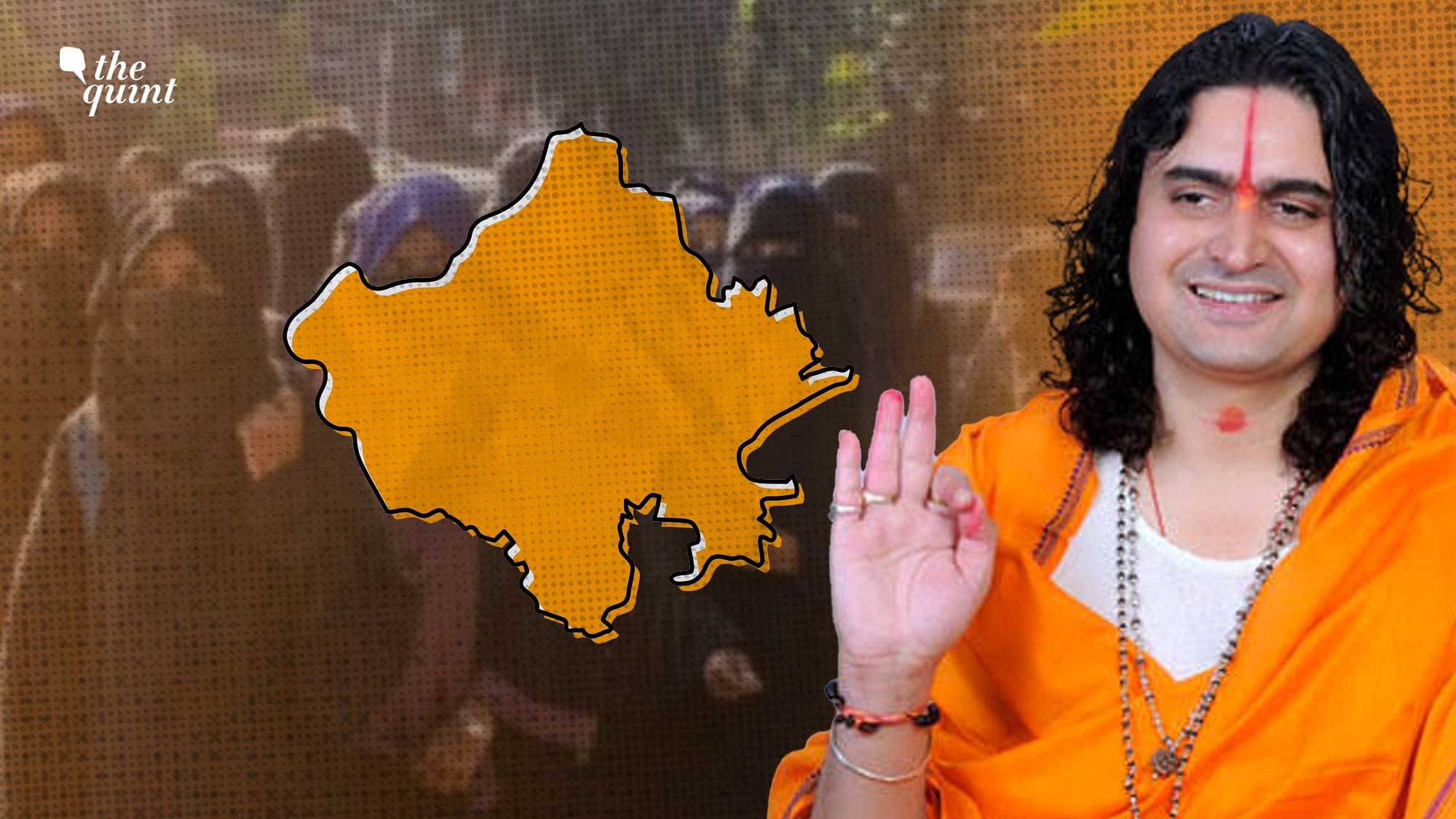
What To Eat, Wear, or Practise: Can BJP Focus on Governance Instead of Policing?
The Quint
After Hijab row, Rajasthan Education Minister to enforce dress code for students in government schools
New Indian Express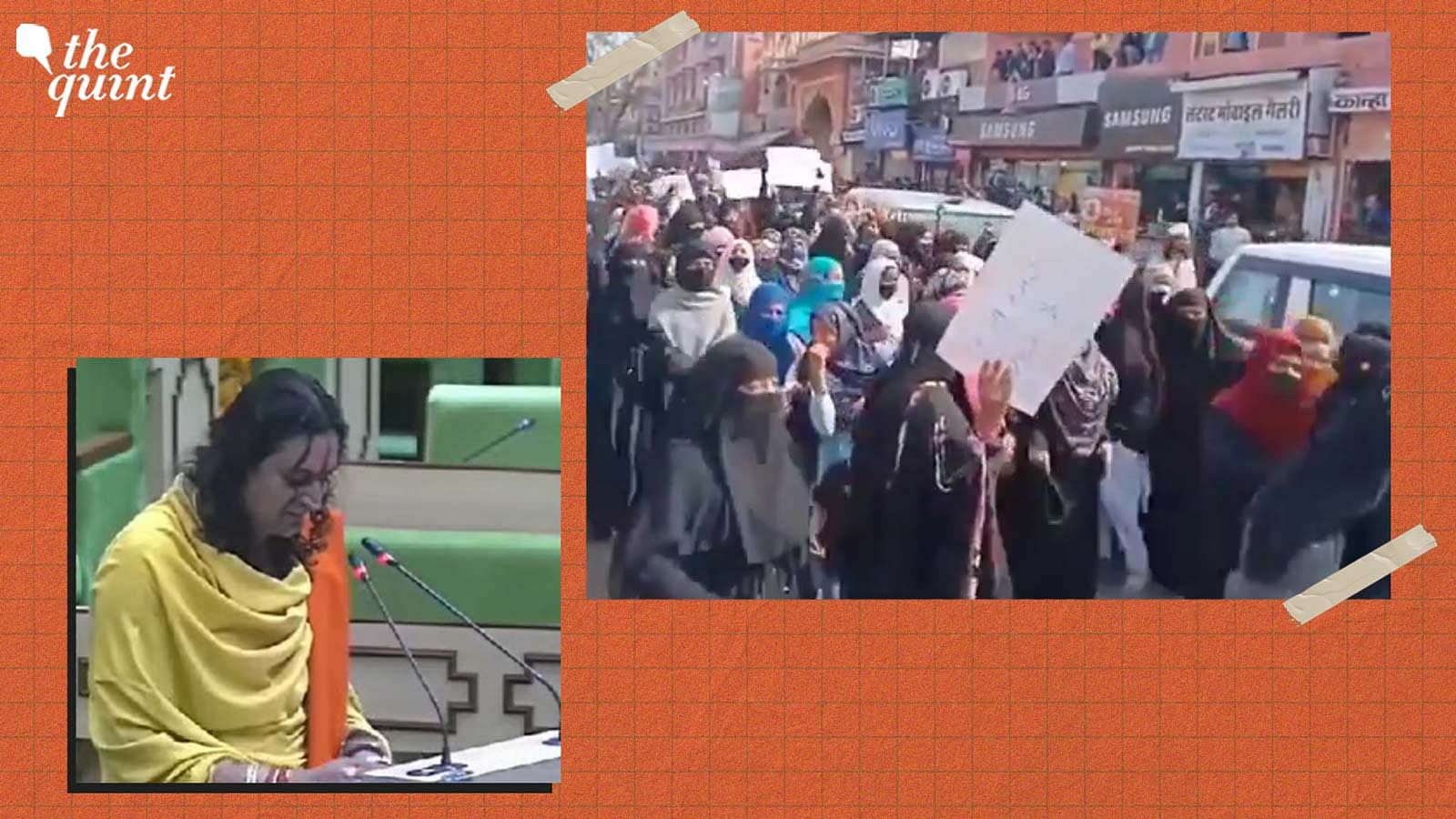
'MLA Wears Saffron Stole In Assembly, Why Can't We Wear Hijab?': Jaipur Students
The Quint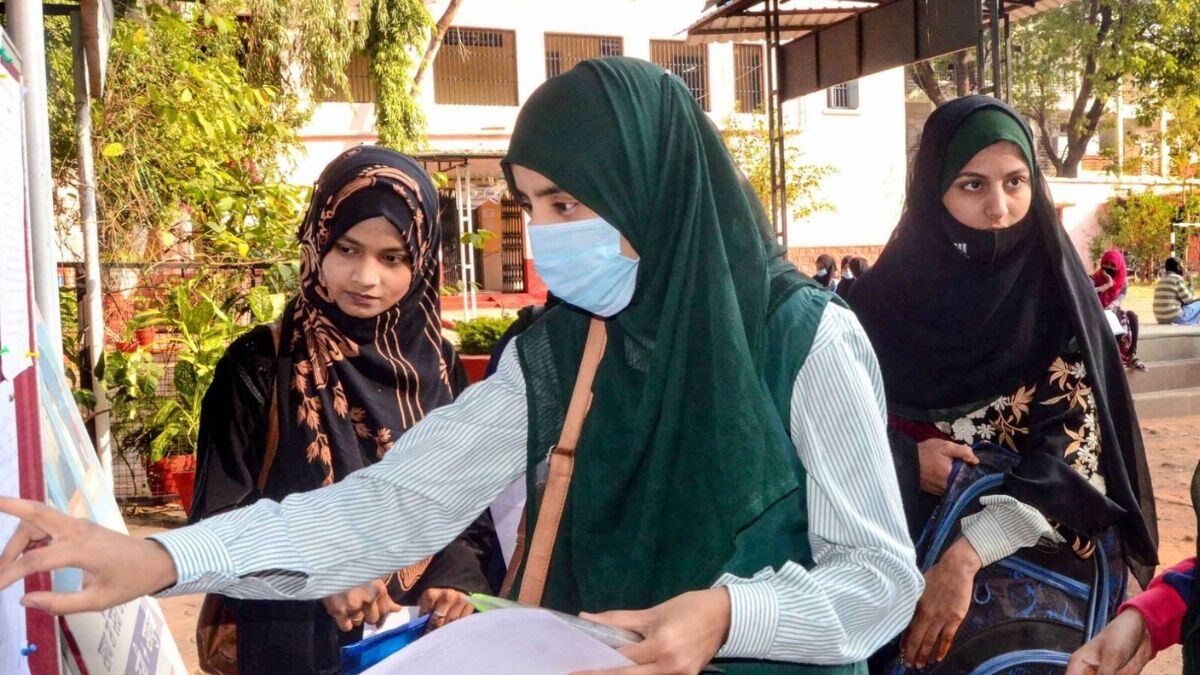
Discussions on Hijab Ban in Rajasthan Schools, Govt Seeks Report from Other States
News 18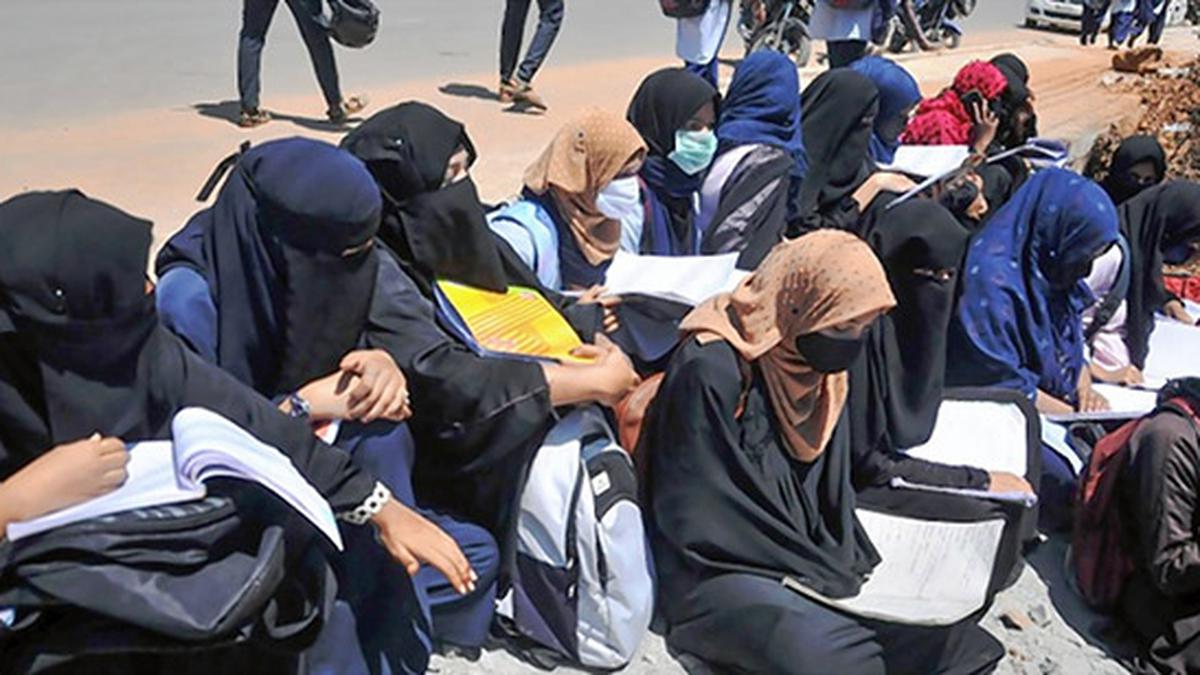
No room for hijab yet in Karnataka
The Hindu
Govt raising Hijab issue to cover up its failures: Karnataka Ex-CM Basavaraj Bommai
Hindustan Times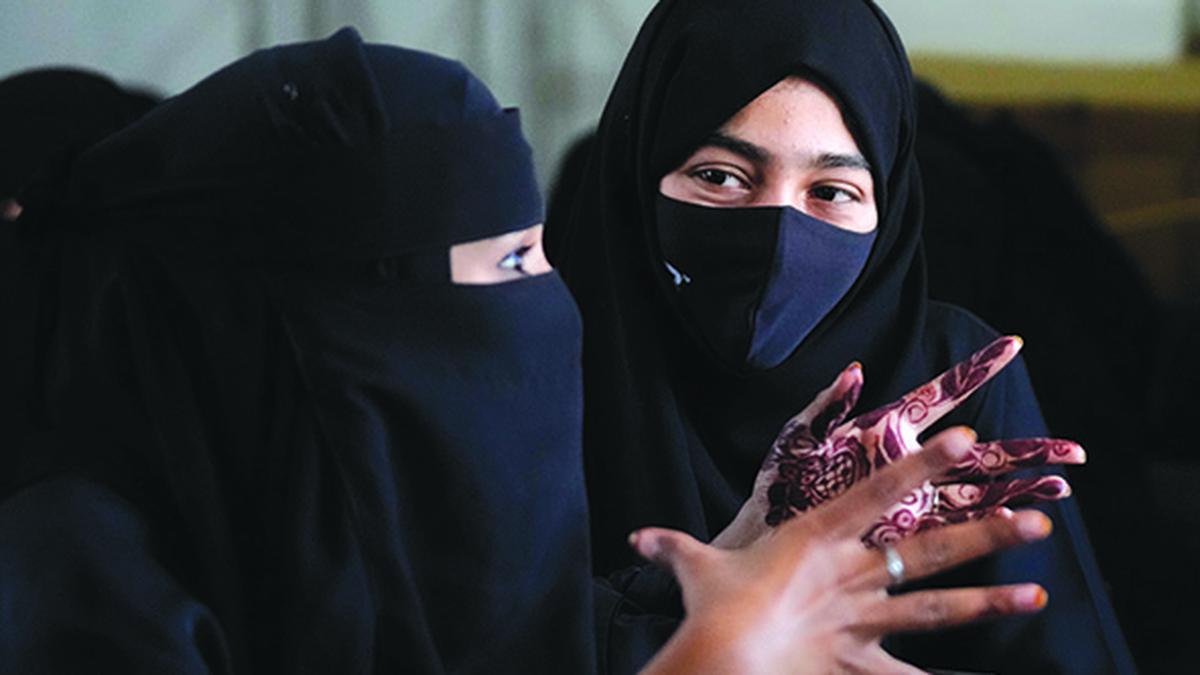
Amidst opposition from the BJP, progressive groups demand CM walk the talk on lifting hijab ban
The Hindu
Will lift hijab ban in Karnataka, says CM Siddaramaiah
Hindustan Times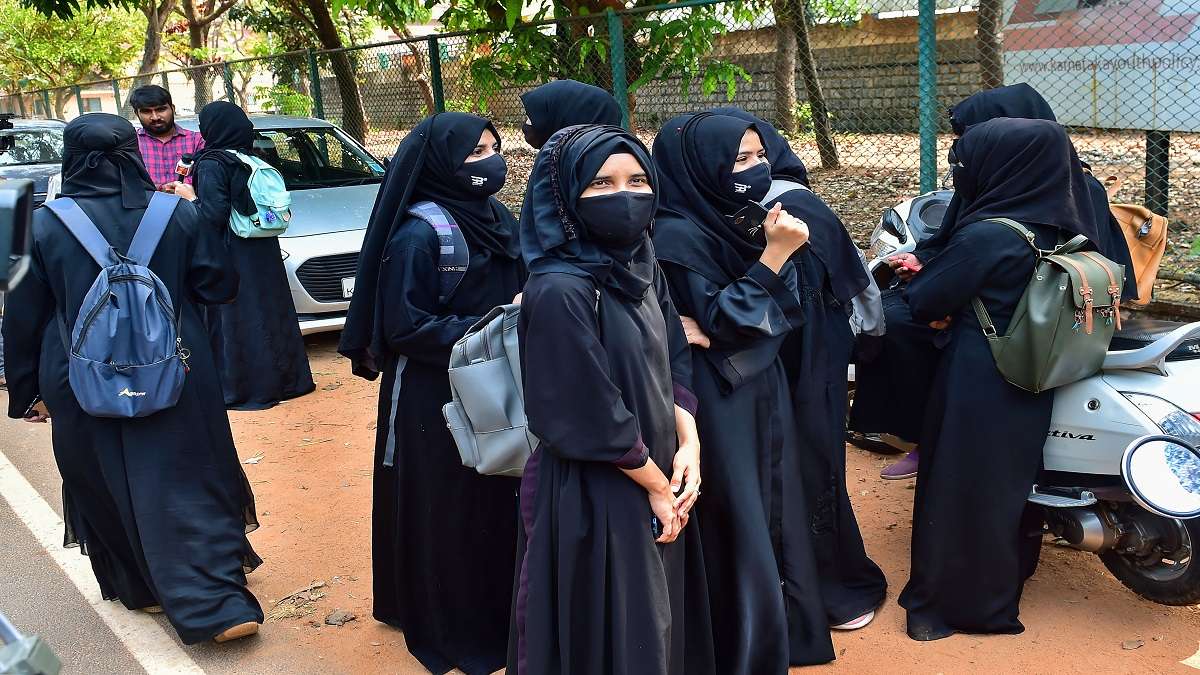
Karnataka: ‘Ban on hijab to be withdrawn in state on December 23’, says CM Siddaramaiah
India TV News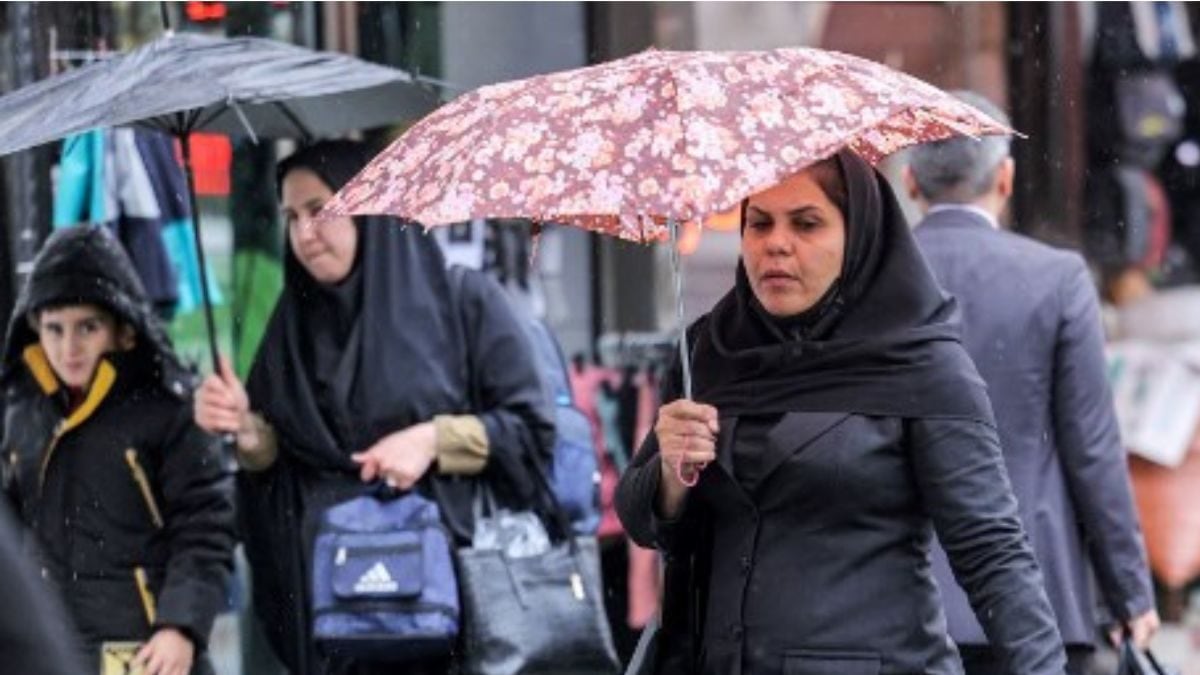
Hijab Allowed for K’taka Govt Recruitment Tests, Not in Schools, Clarifies Higher Edu Min
News 18
MP: Hindu girls made to wear hijab and sing Islamic songs on Eid in a school in Guna
Op India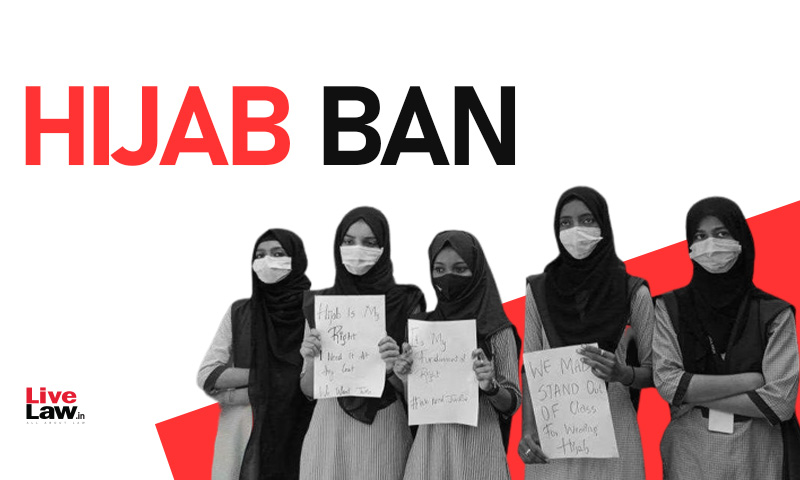
Hijab Ban Row: Karnataka High Court Quashes Criminal Proceedings Against Two Youth Accused Of Making Graffiti On Govt School Wall
Live Law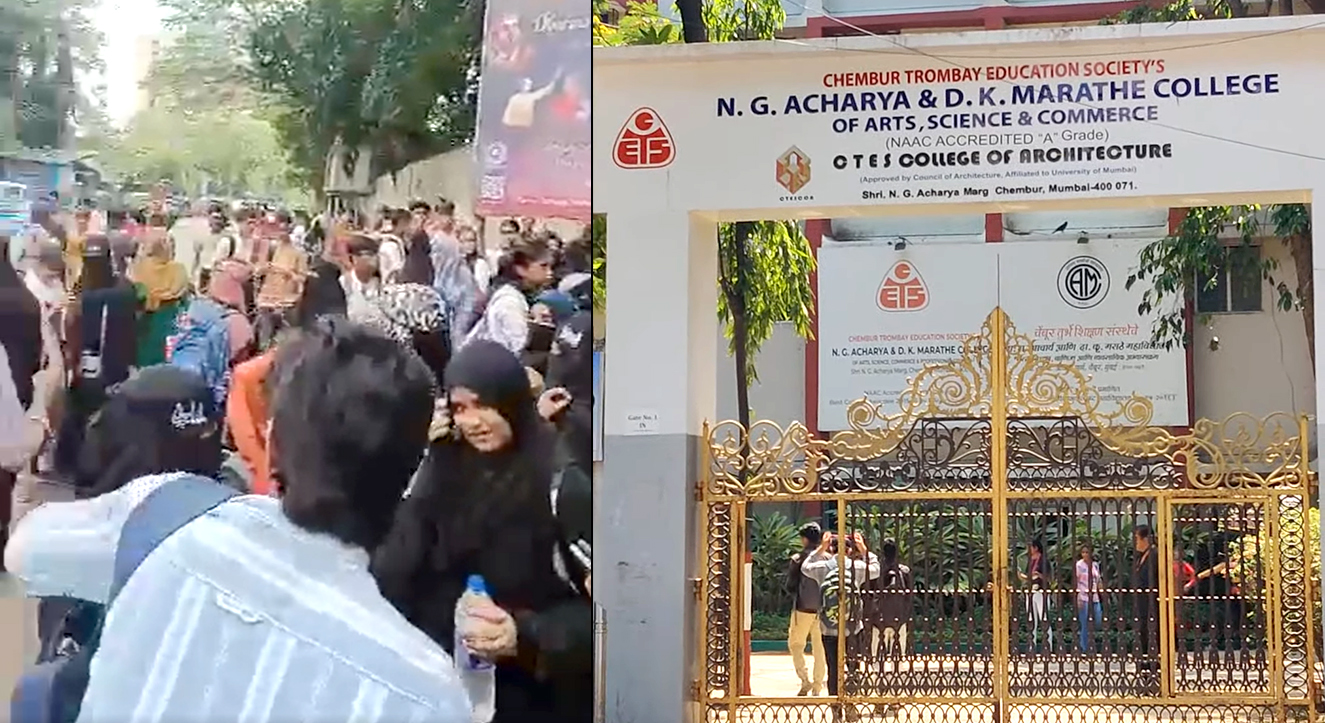
Muslim girls protest outside Mumbai college for banning burqa and hijab
Op India)
Did a school in Srinagar 'ban' students from wearing abayas?
Firstpost
Damoh hijab case: Private school attempts to mislead, says 'its scarf, not hijab'
Op India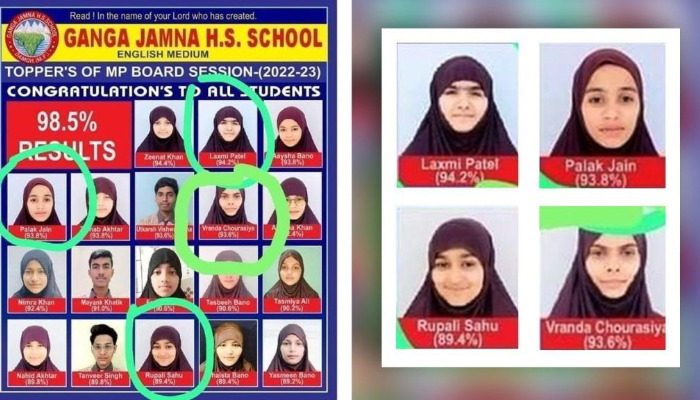
MP: Probe ordered against private school after posters of hijab-clad Hindu and Jain students surfaced
Op India
New probe into MP school poster over ‘hijab’ row after MP home minister steps in
Hindustan Times
Karnataka Minister says decision on hijab ban will ‘benefit all students’
Live Mint
Karnataka: Decision on Hijab ban to be in students’ favour, says education minister
Hindustan Times
Hijabs during exams: Karnataka girl students move SC seeking permission; CJI says will form bench
India Today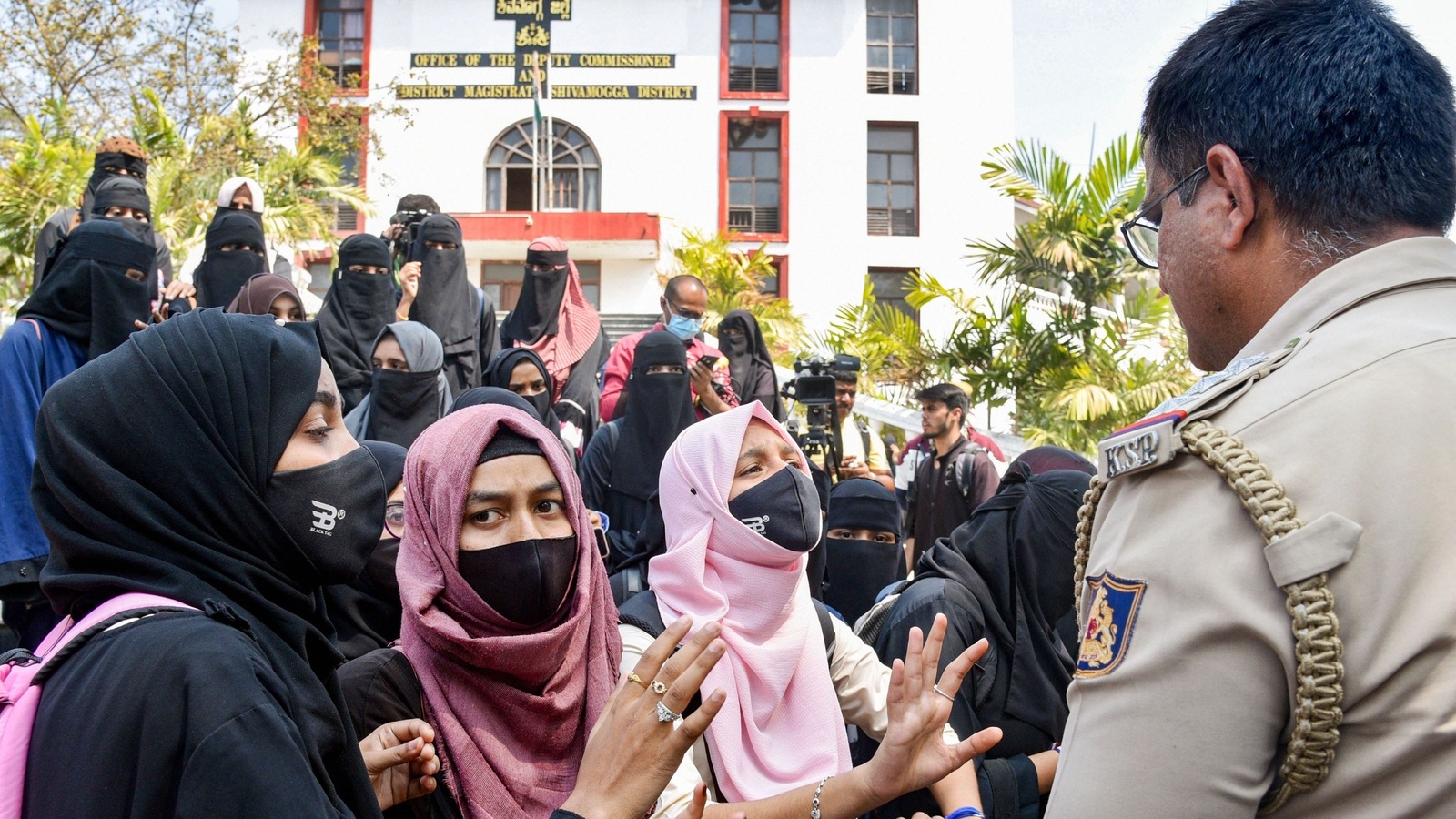
Education of women is key
Hindustan Times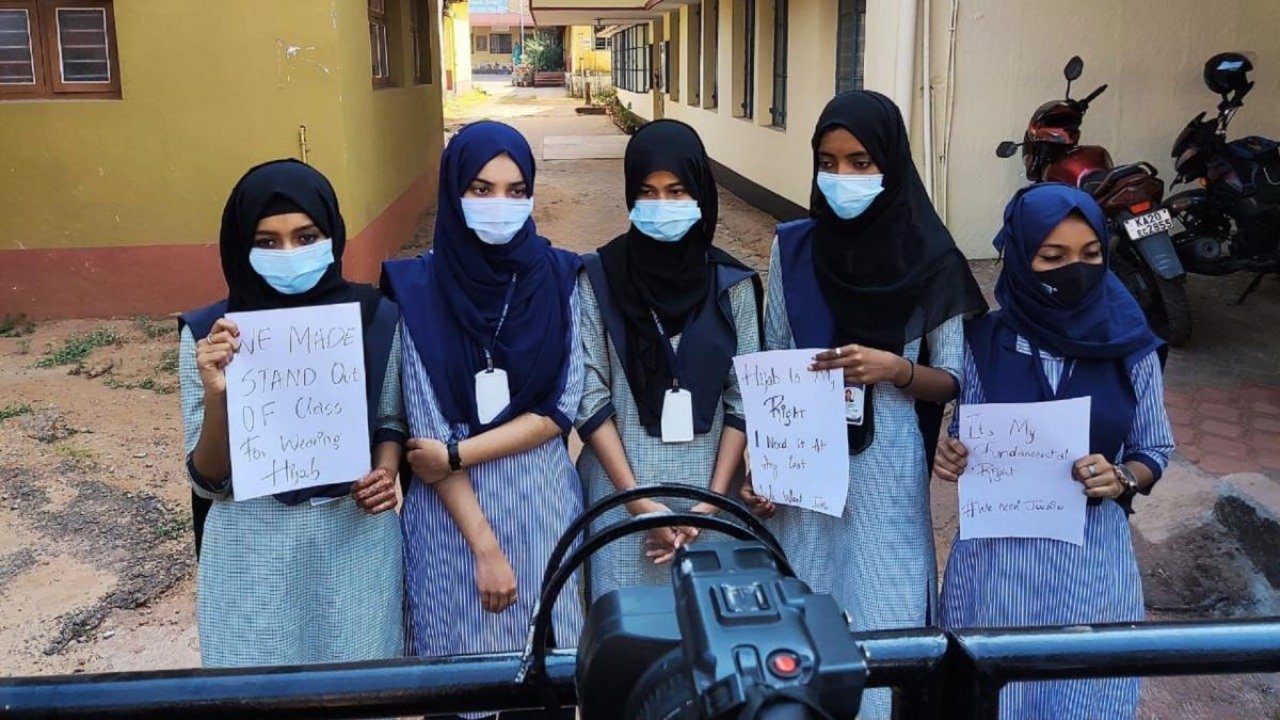
Closing The Gates To Education: Violations Of Rights Of Muslim Women Students: PUCL’s Report On Hijab Ban
Live Law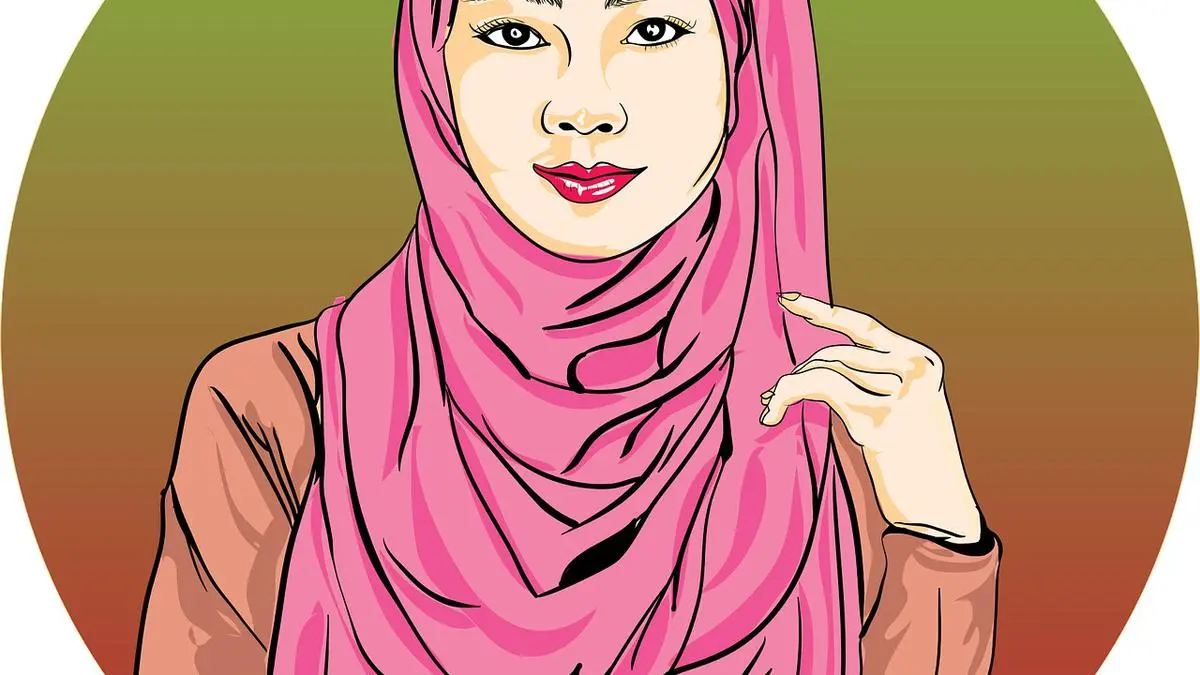
The case of the hijab
The Hindu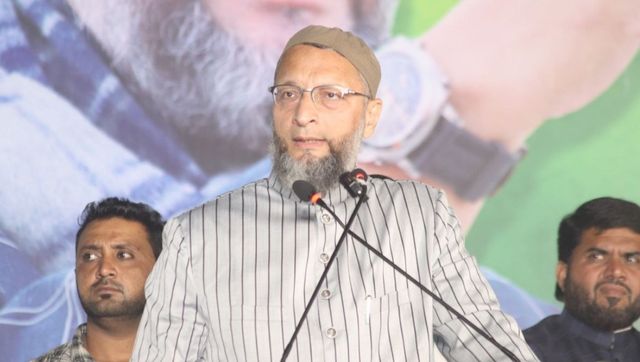)
WATCH: After Rishi Sunak's win in Britain, Asaduddin Owaisi wishes to see 'hijab-wearing Muslim girl as India's PM'
Firstpost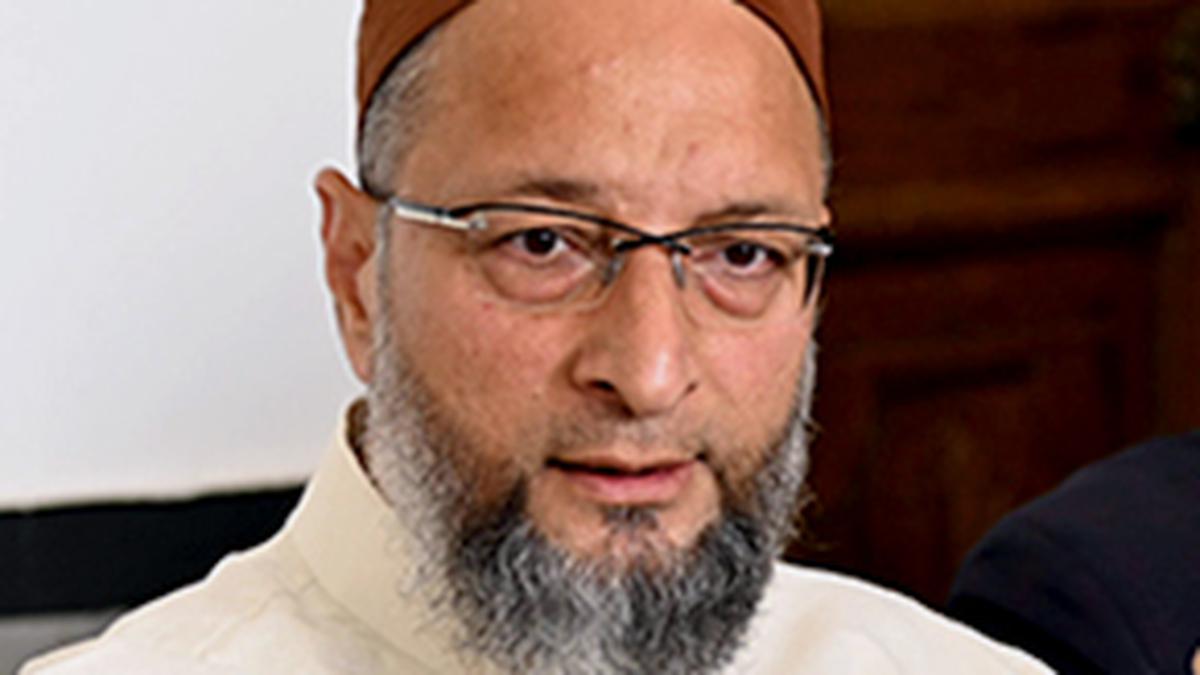
Hijab-wearing women are a part of nation-building, says Asaduddin Owaisi
The Hindu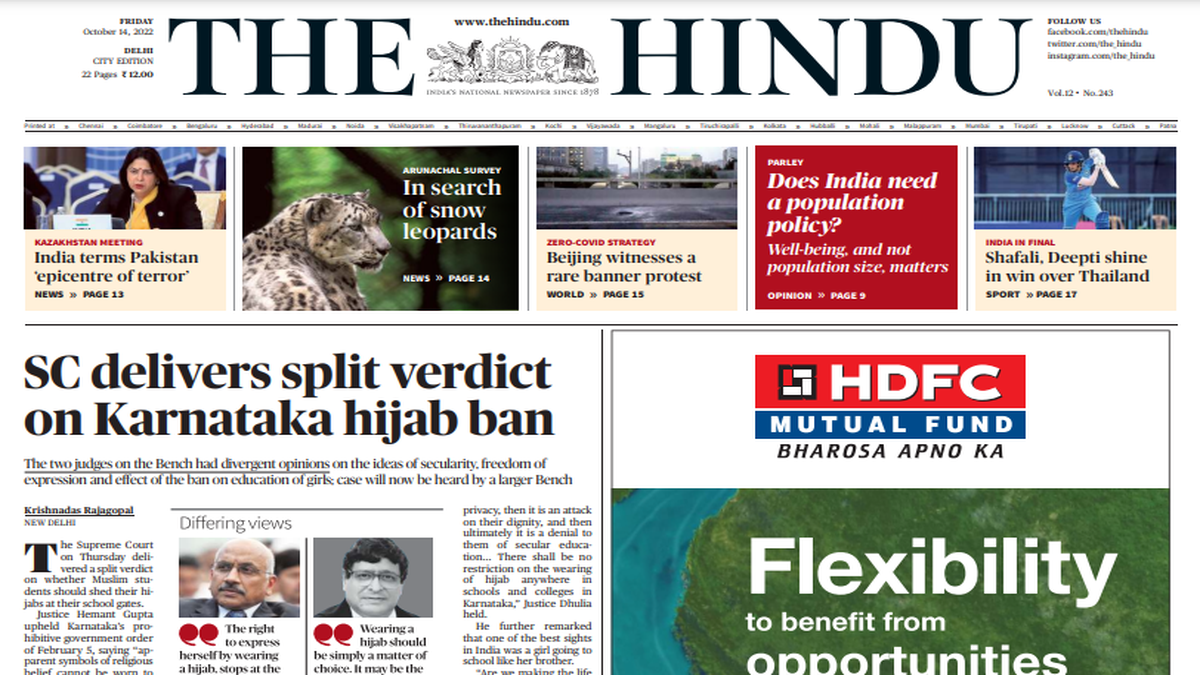
Supreme Court delivers split verdict on hijab ban
The Hindu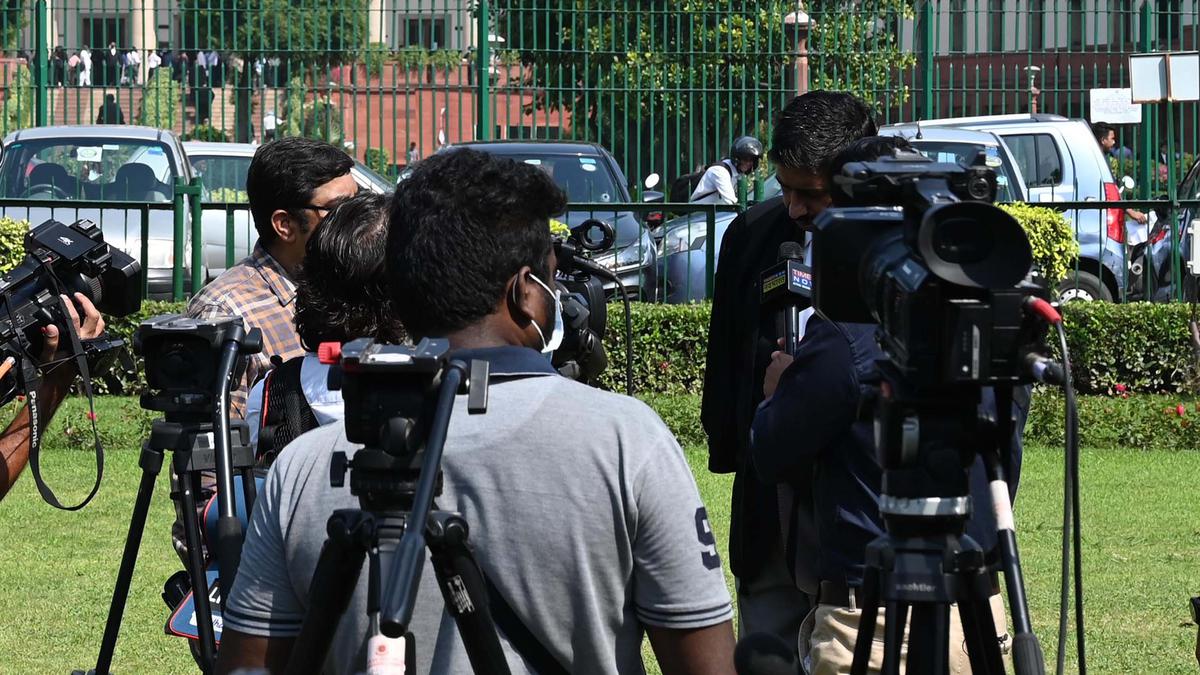
Karnataka hijab ban | Individual’s belief matters in religious issues, agree judges
The Hindu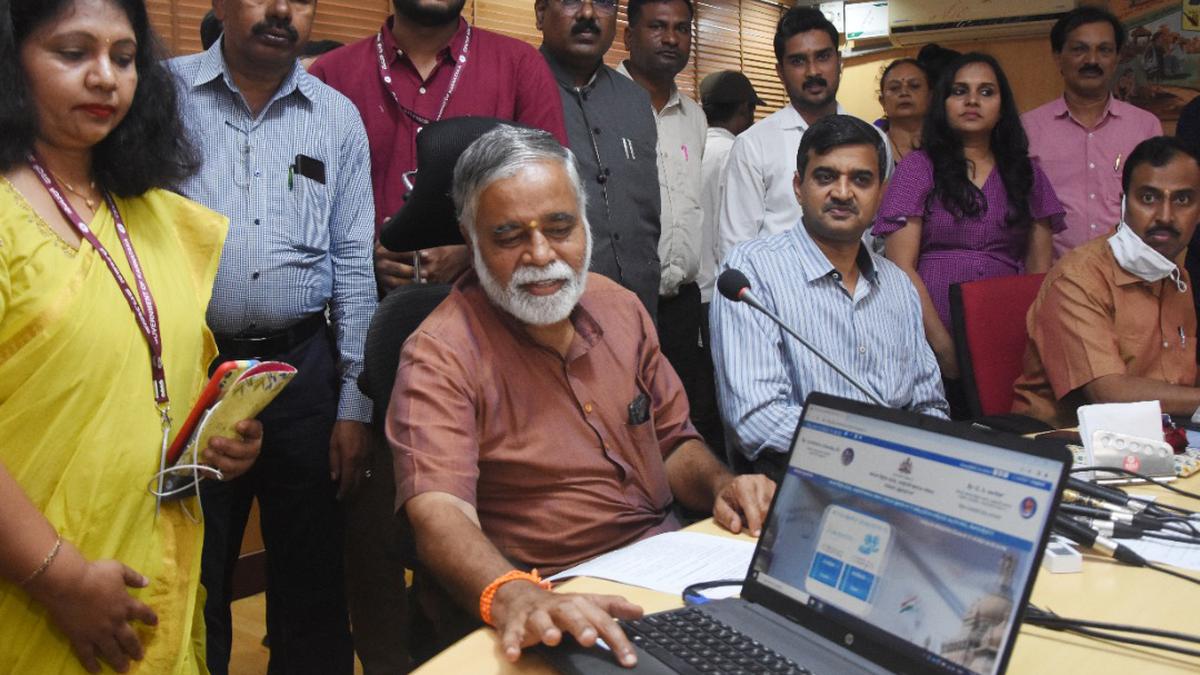
Hijab ban to continue in Karnataka schools and PU colleges: Minister
The Hindu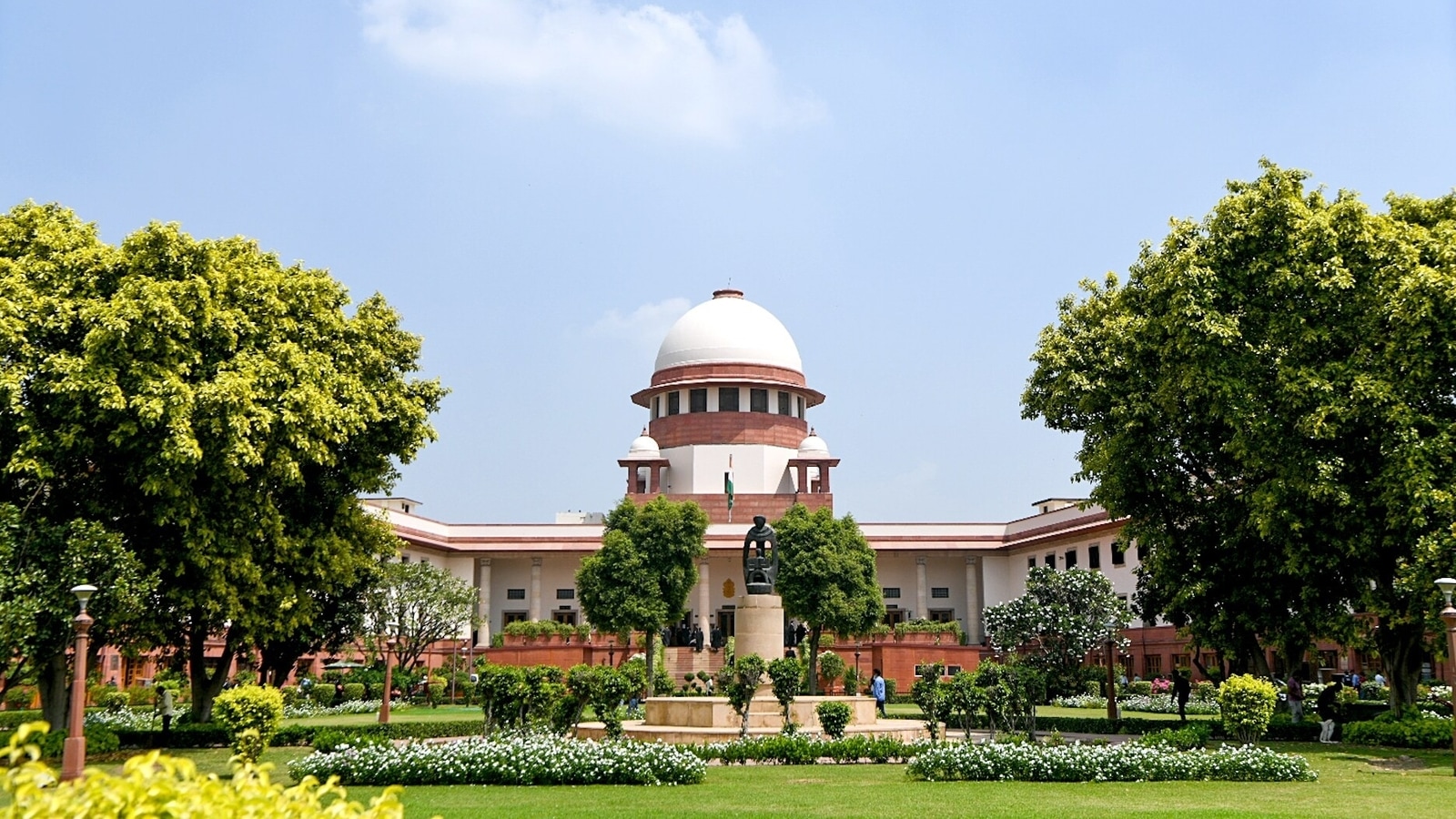
What the hijab ruling implies
Hindustan Times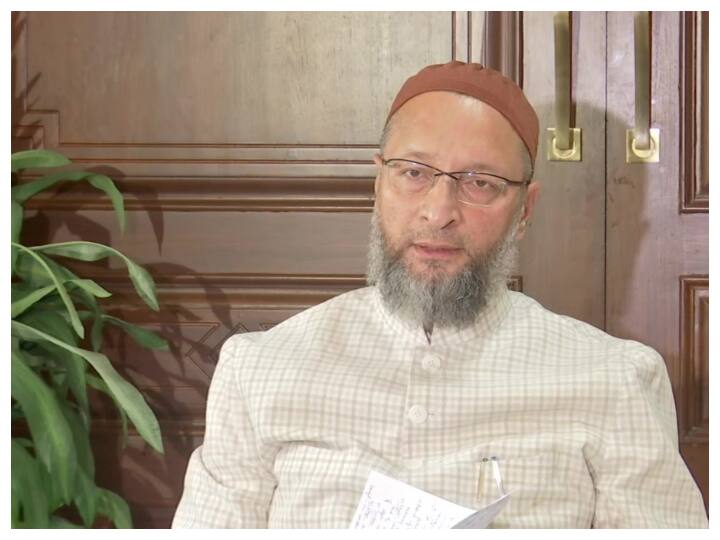
Hijab Ban Verdict: Karnataka HC Decision Bad In Law And In Terms Of Content, Says AIMIM Chief Owaisi
ABP News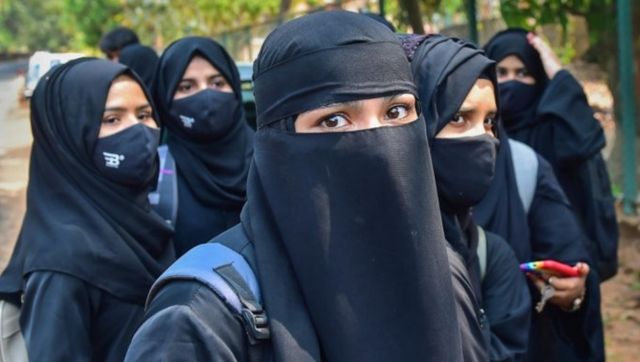)
Karnataka hijab ban: Two SC judges give split verdict, case moves to larger bench; here's the chronology
Firstpost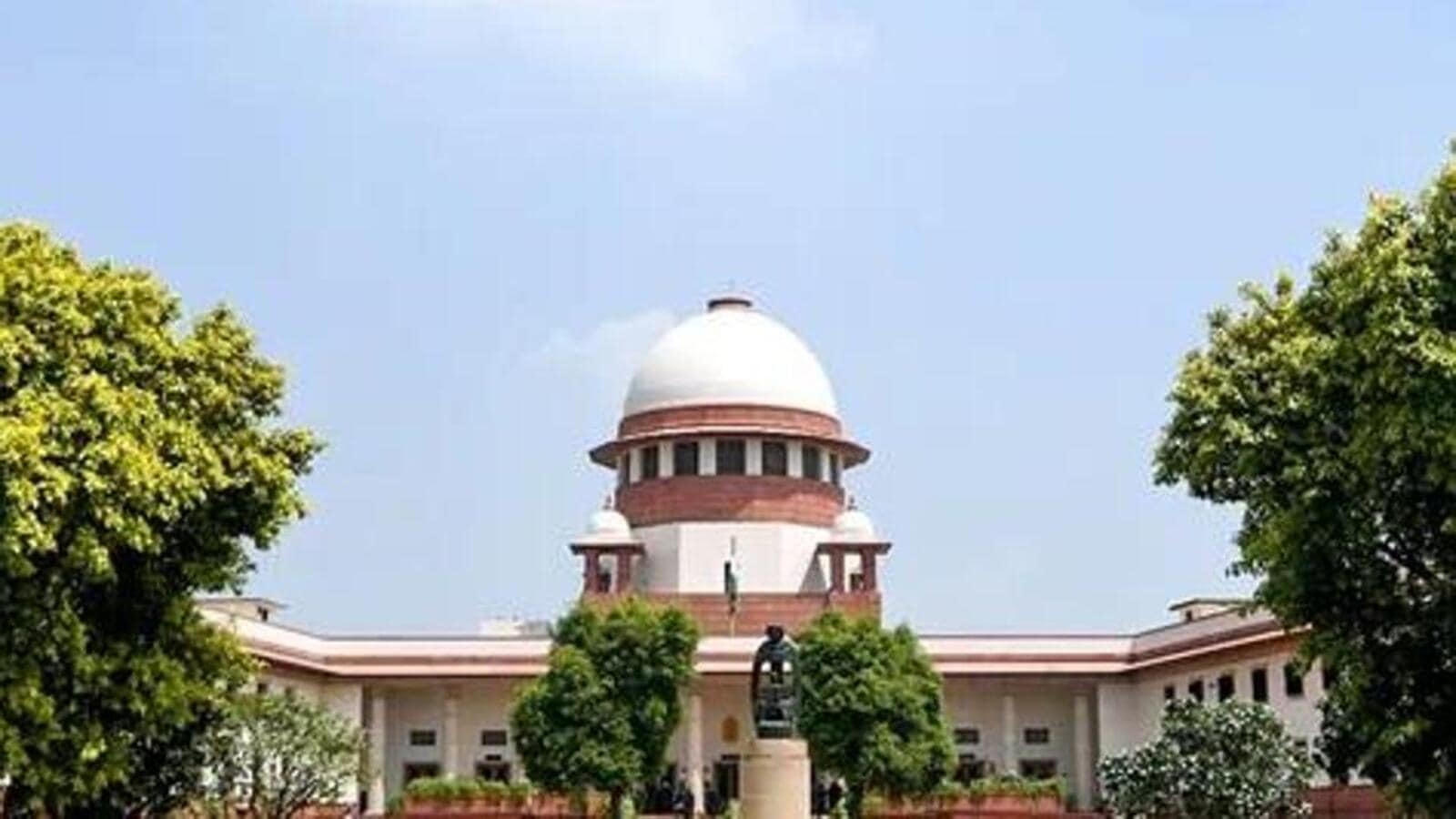
Karnataka hijab ban case: Supreme Court delivers split verdict
Hindustan Times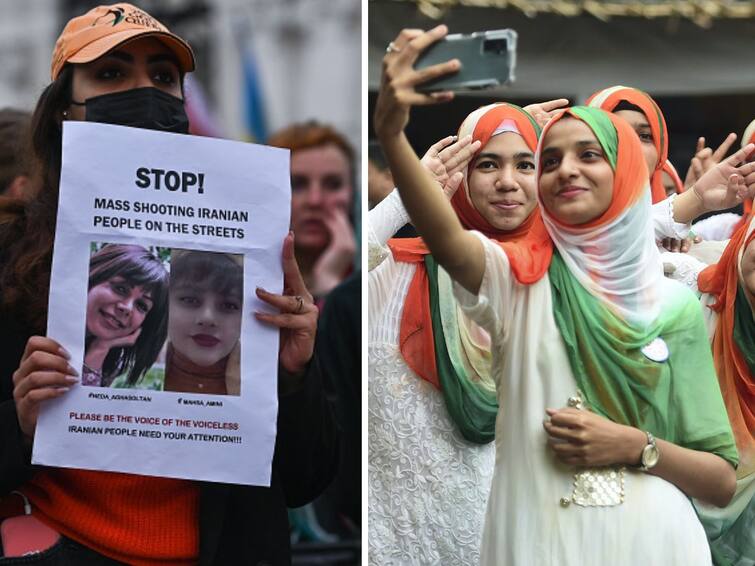
Opinion: We Are All Mahsa Amini And Muskaan Khan
ABP News
Supreme Court delivers split verdict on Karnataka hijab ban
The Hindu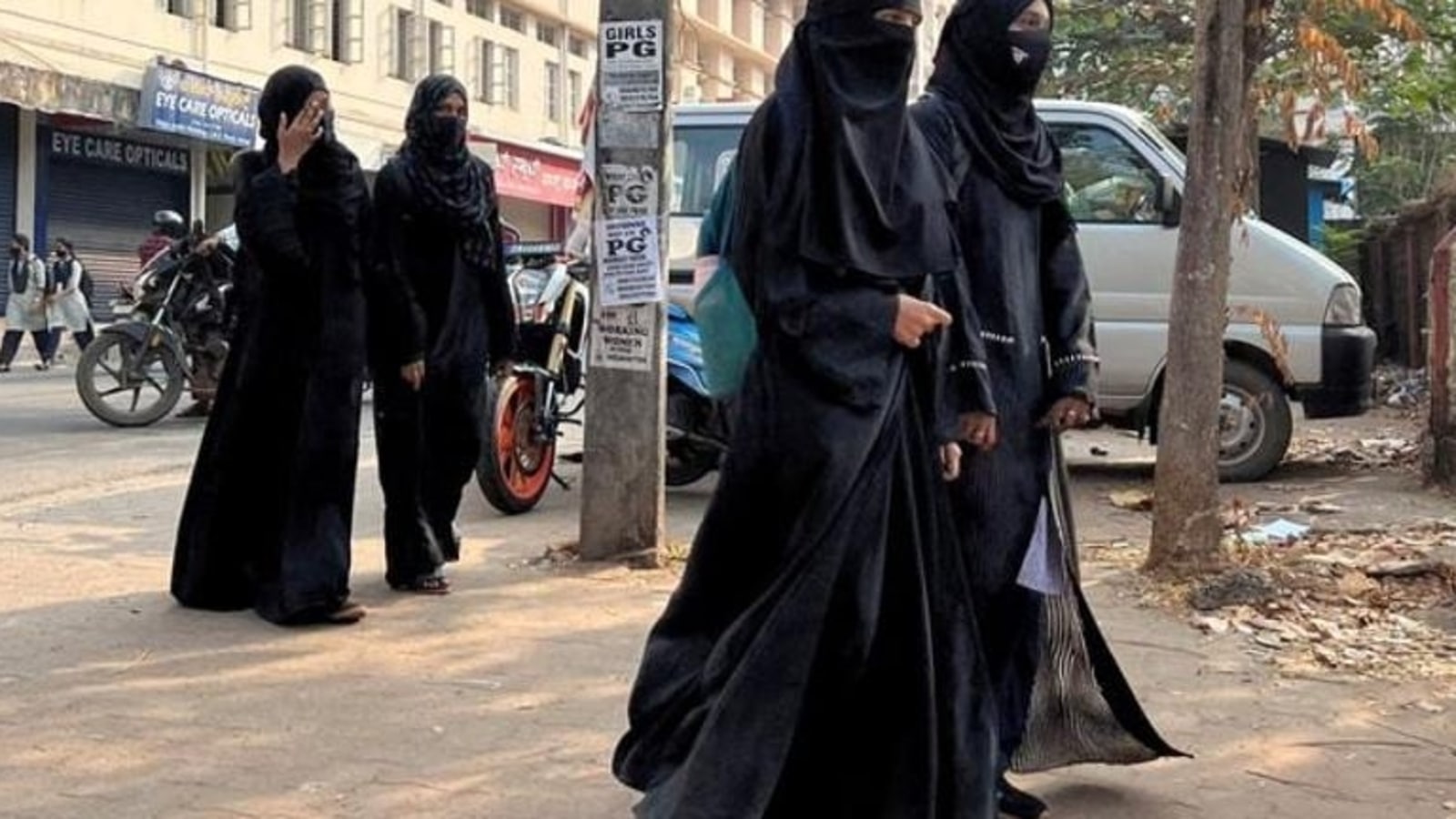
In Supreme Court, split verdict in Karnataka hijab ban case
Hindustan Times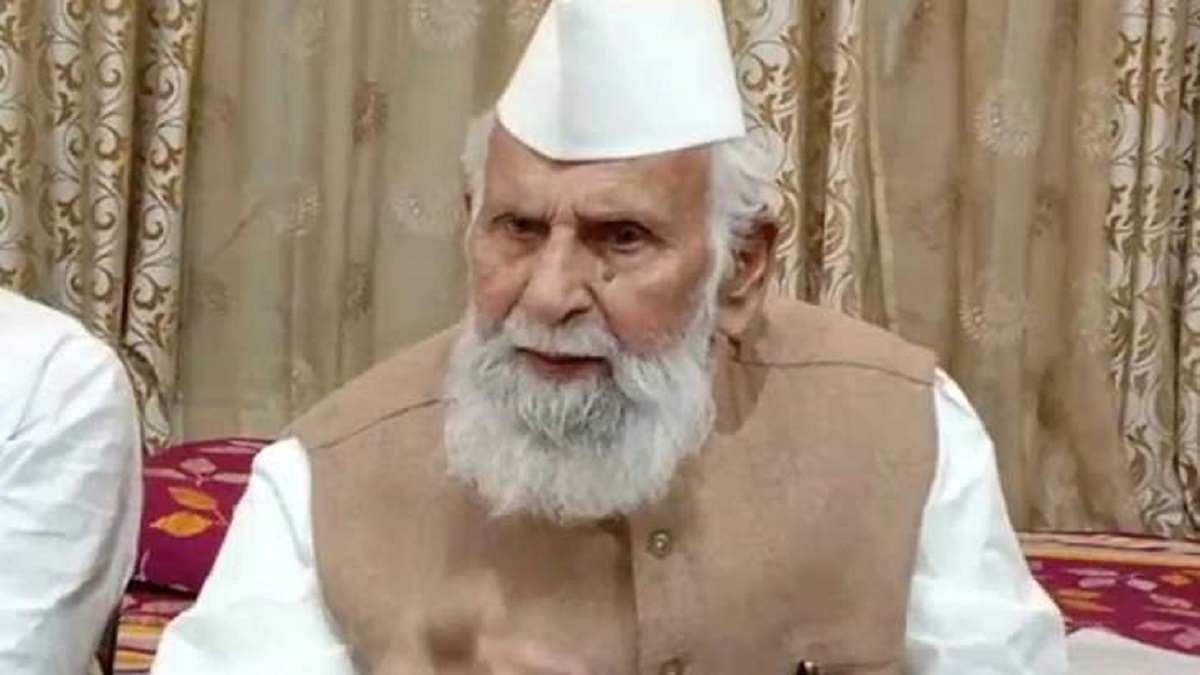
'Hijab ban will have bad impact on society, want it to continue': SP MP Shafiqur Rahman sparks controversy
India TV News
India’s Supreme Court panel split on allowing hijab in classrooms
Al Jazeera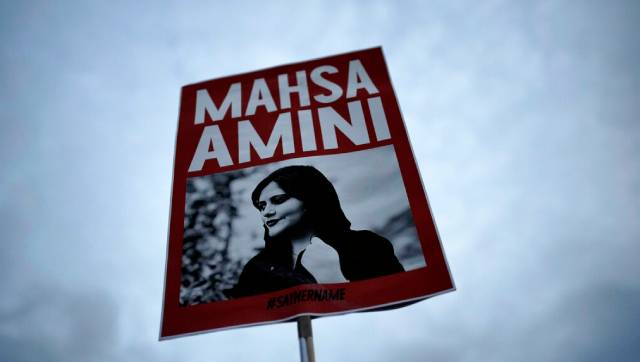)
Why Indian liberals are not talking about anti-hijab protests in Iran
FirstpostDiscover Related
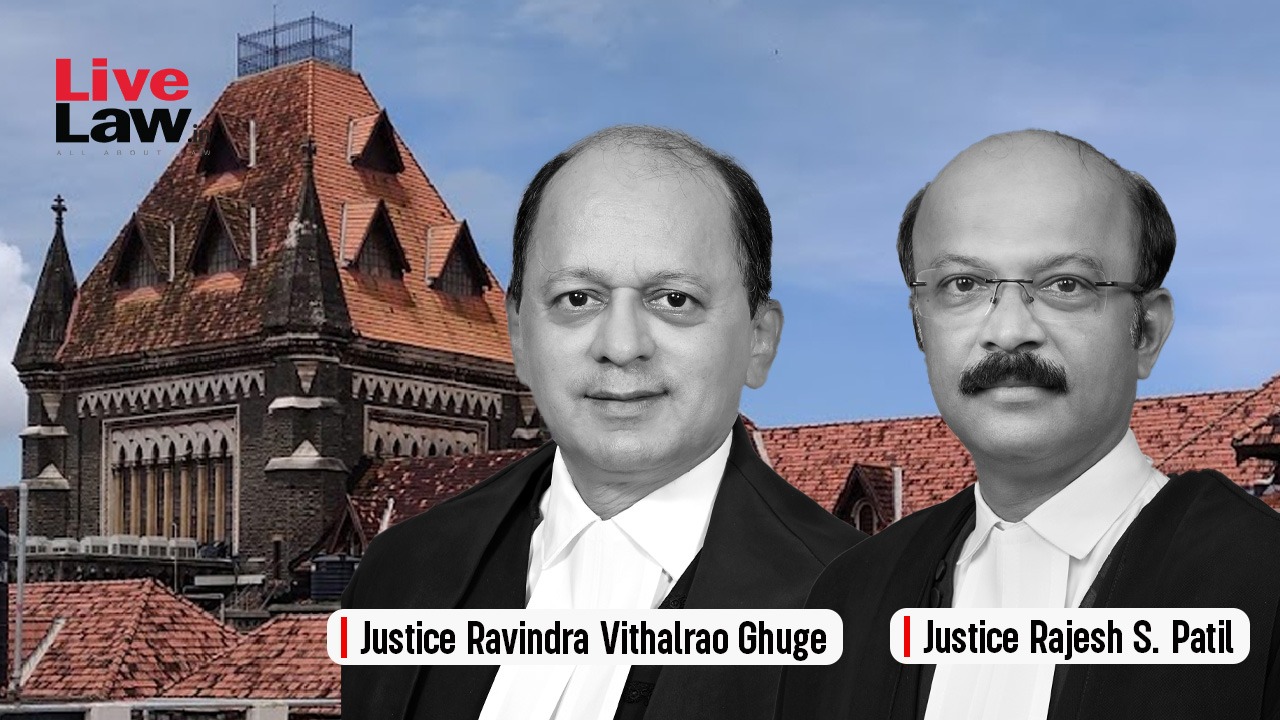




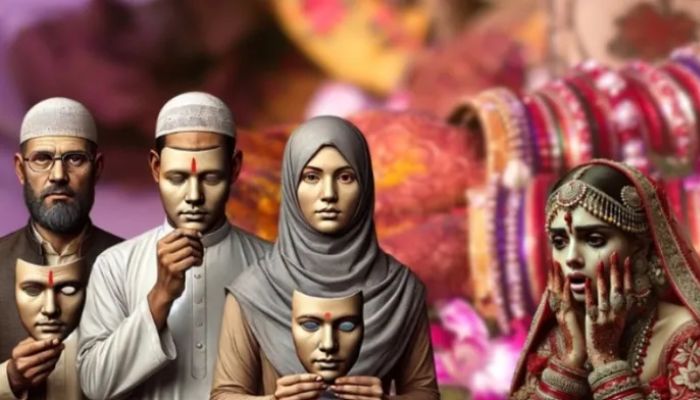



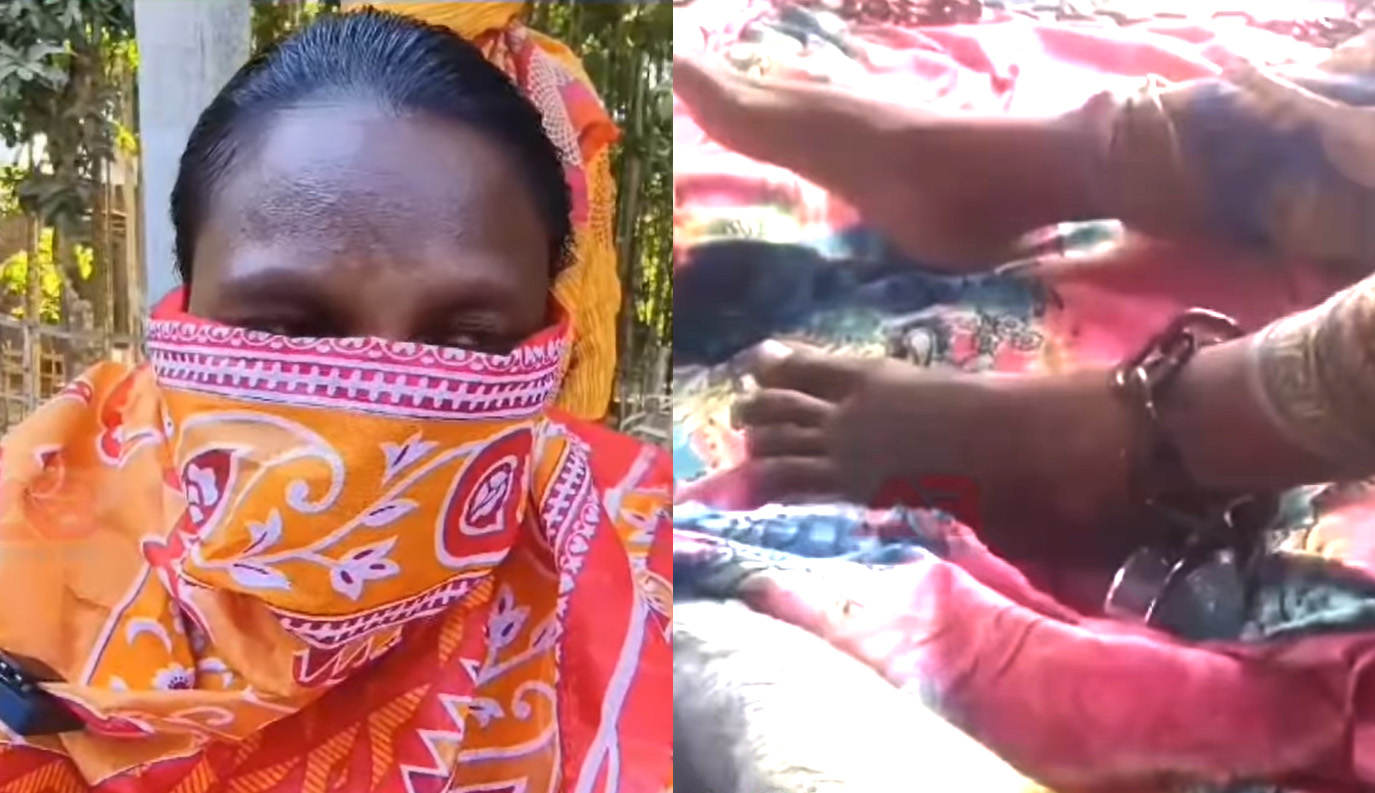





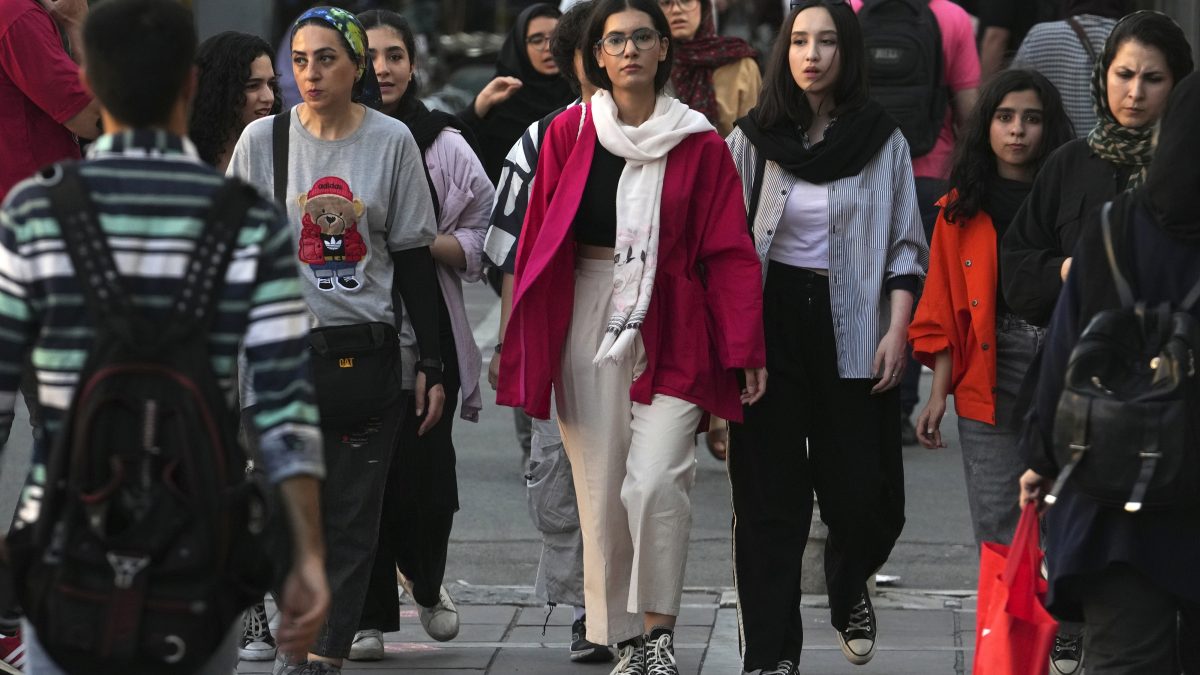)


)


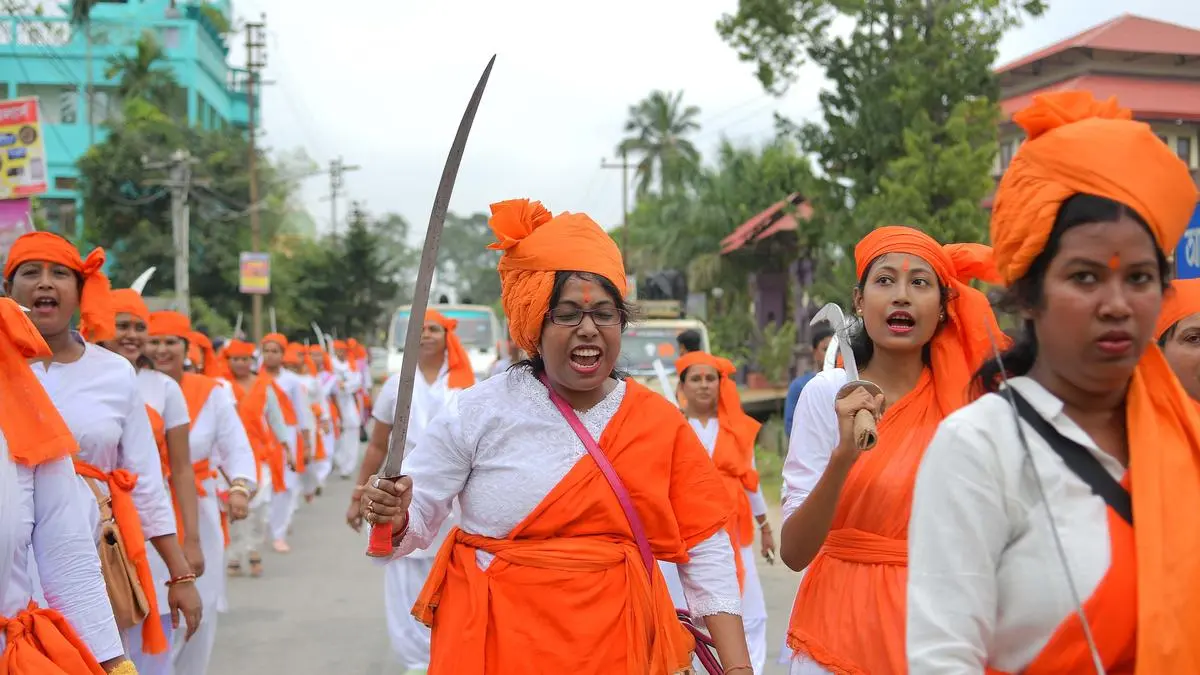
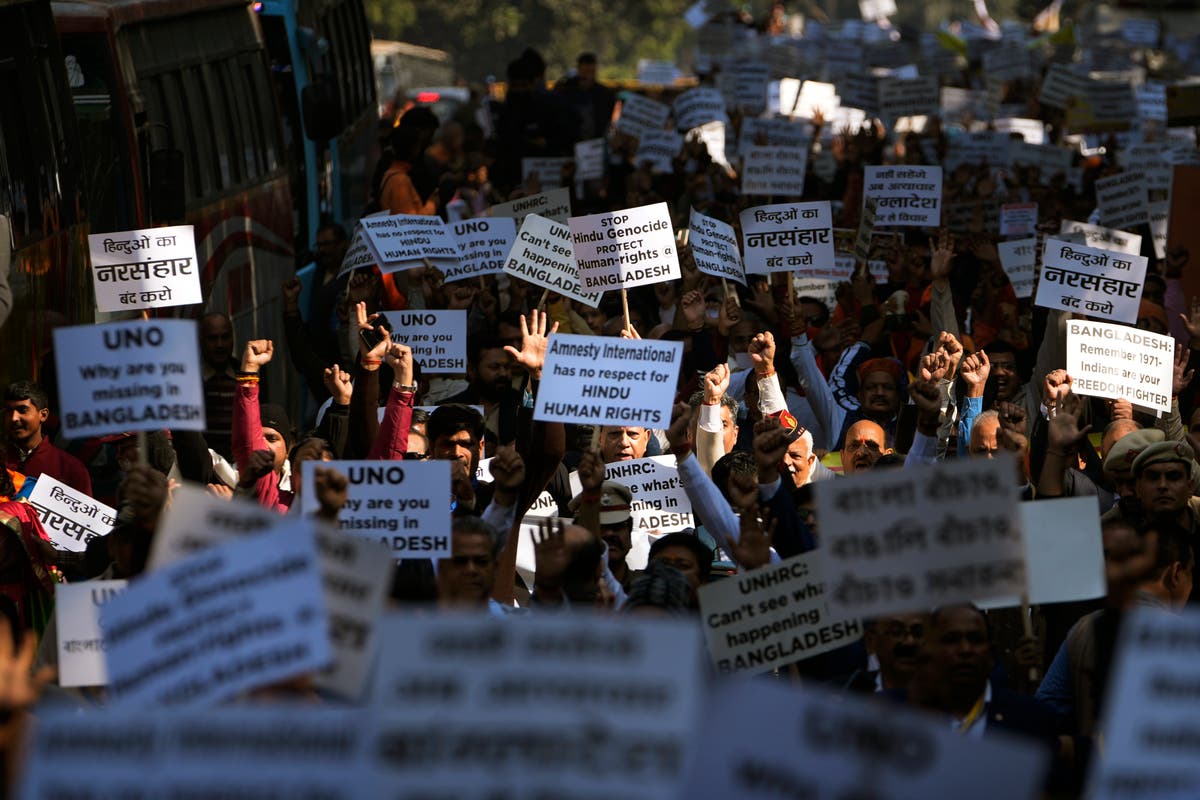
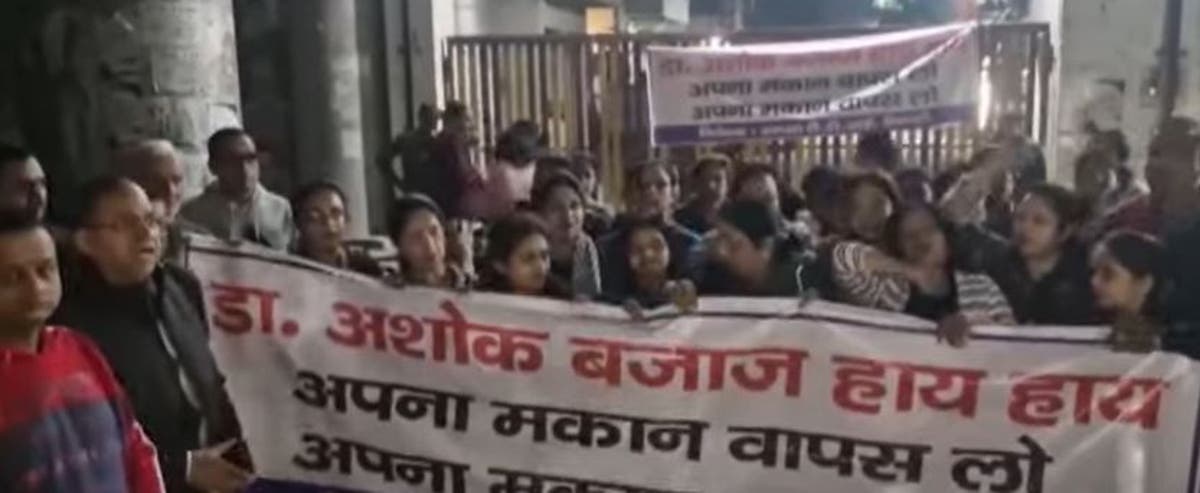



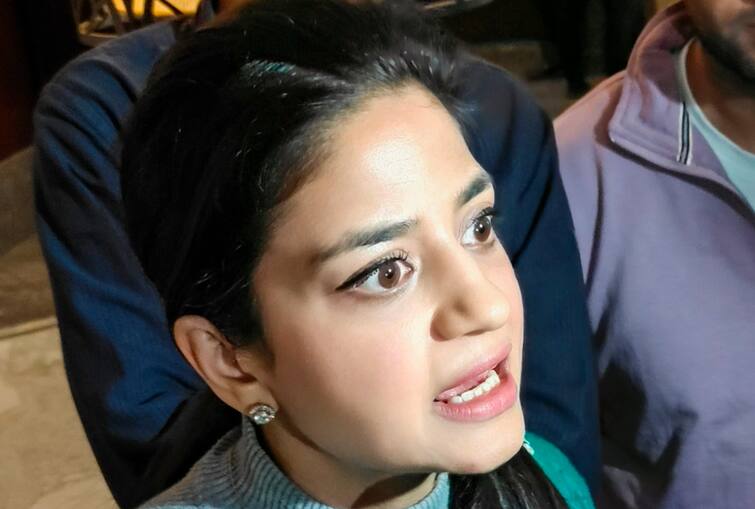
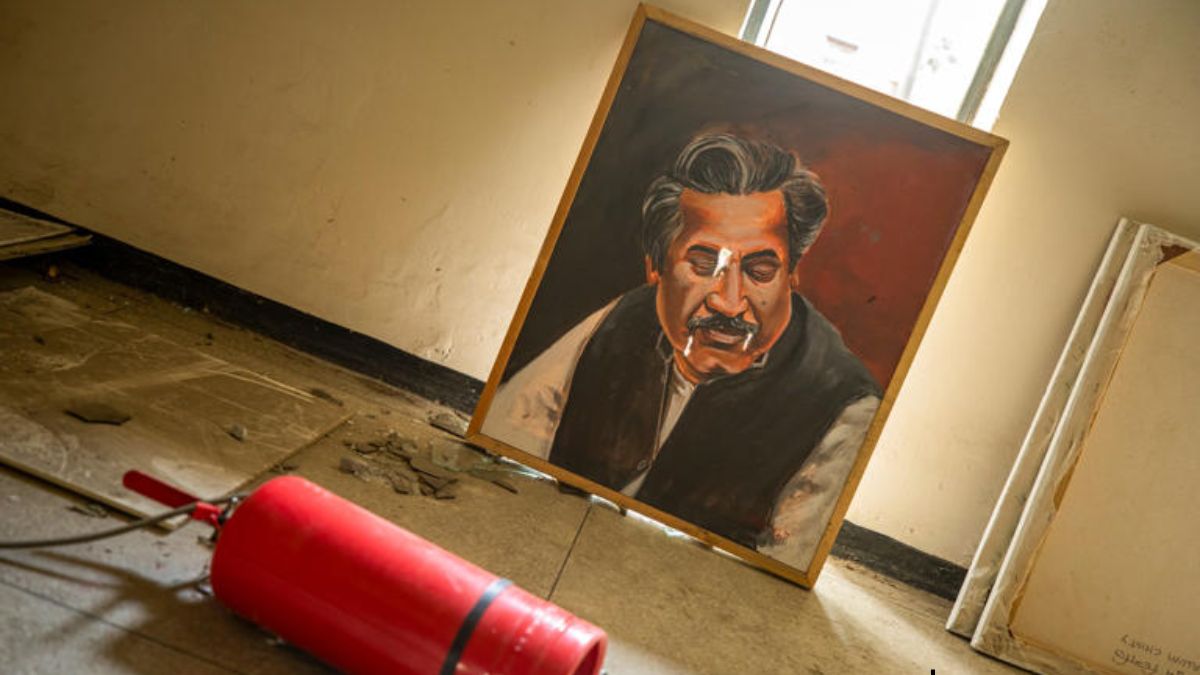)



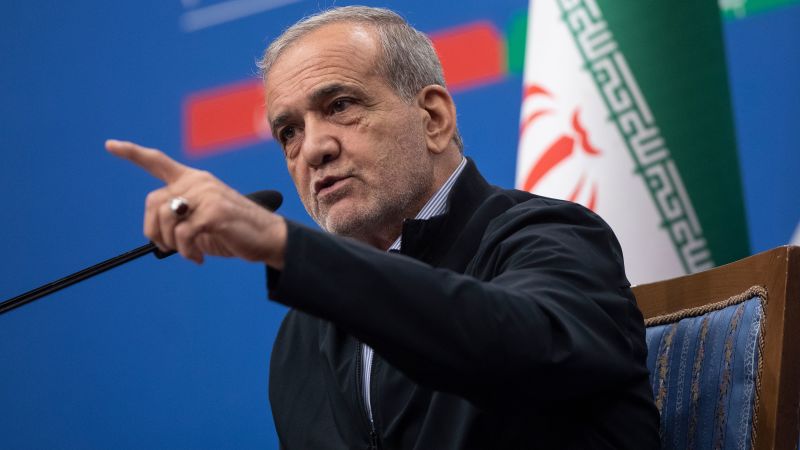
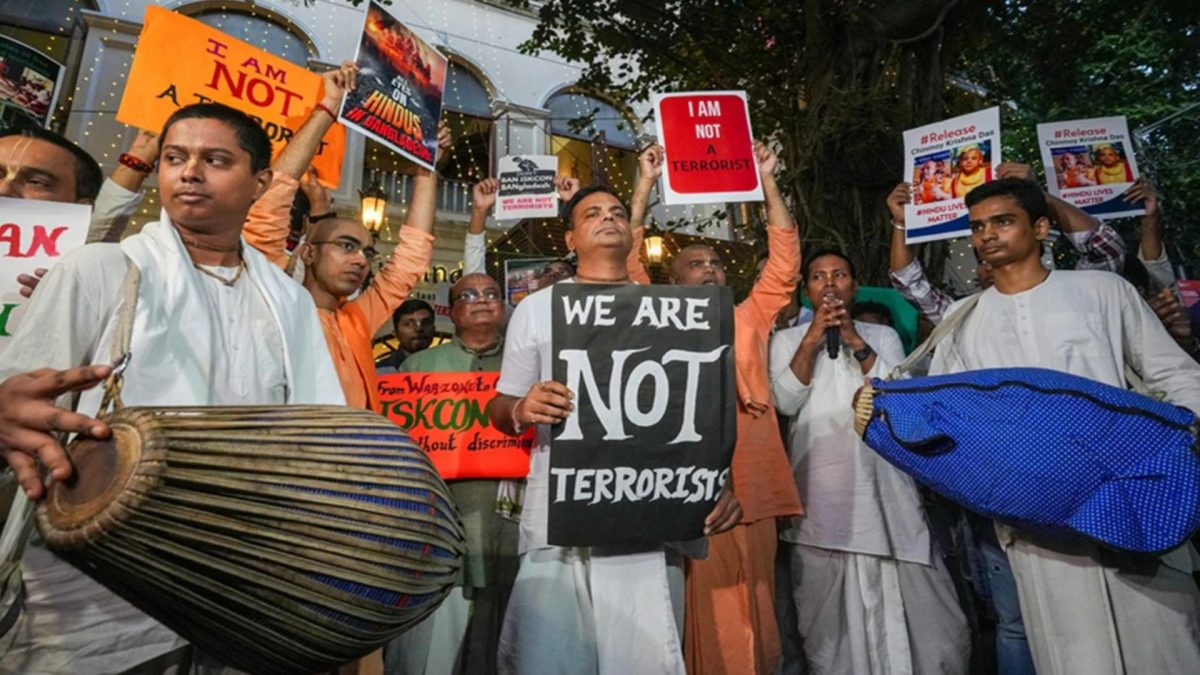)

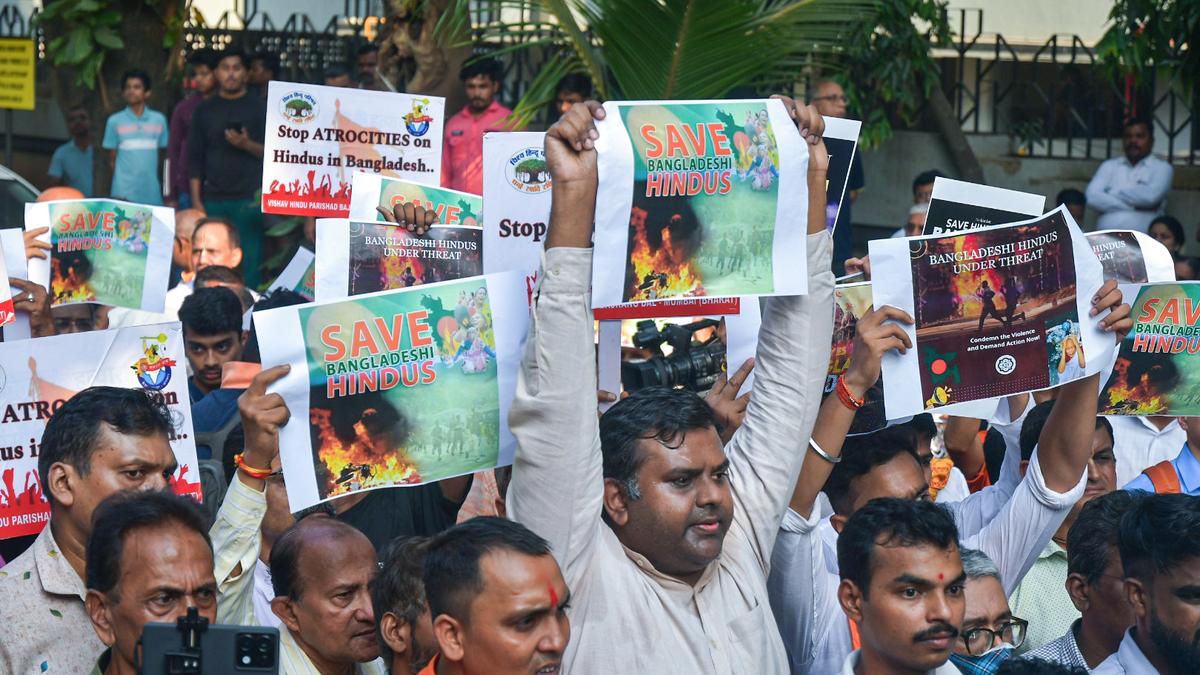








)
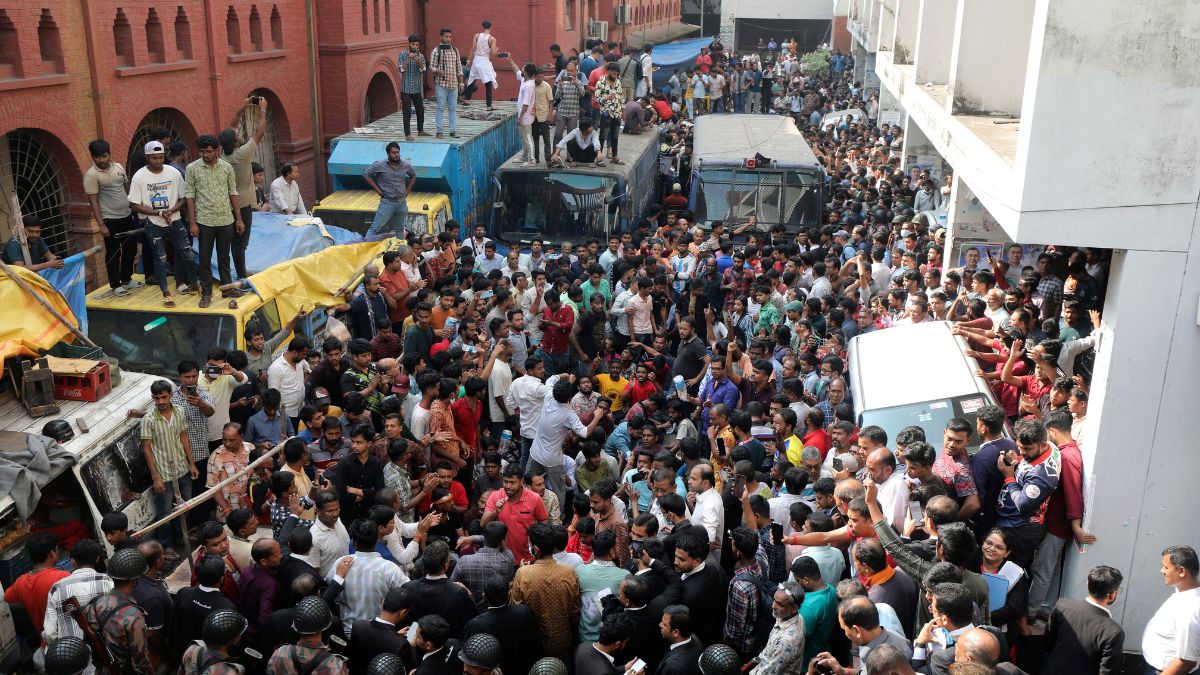)
